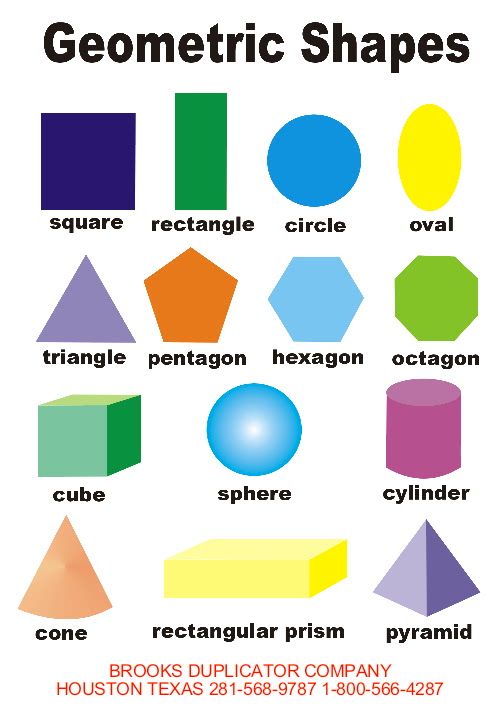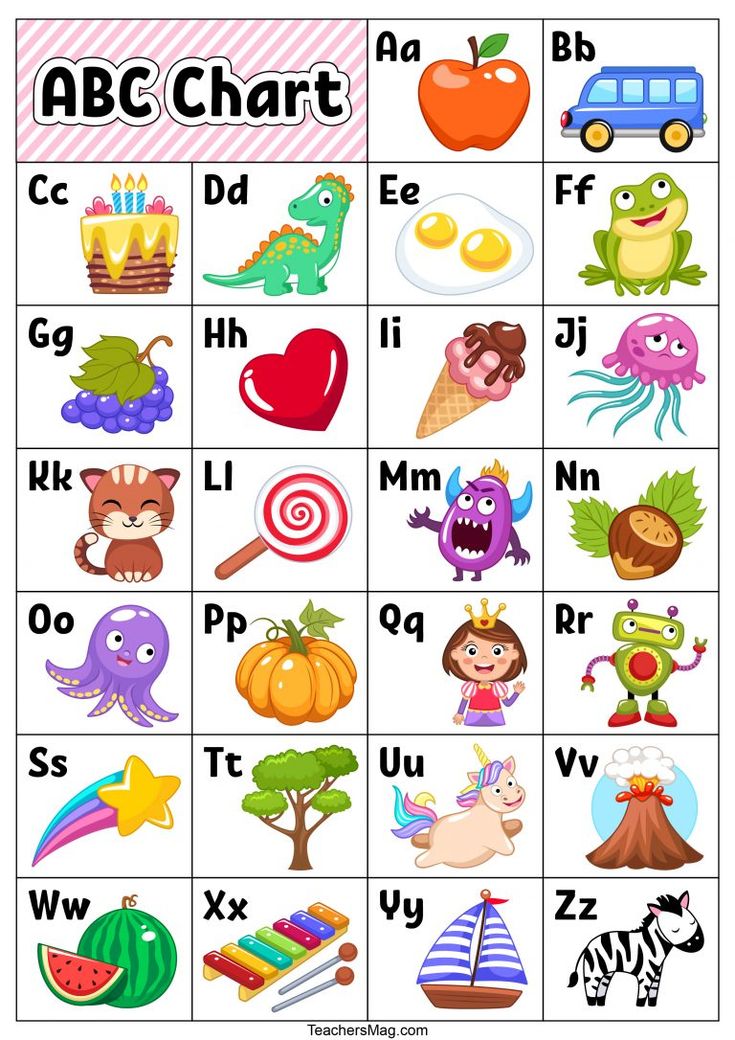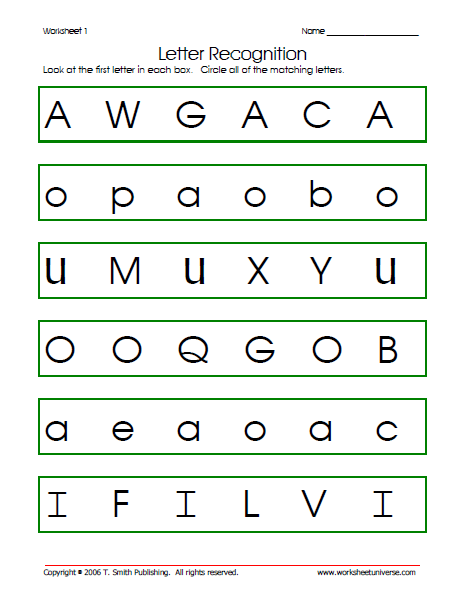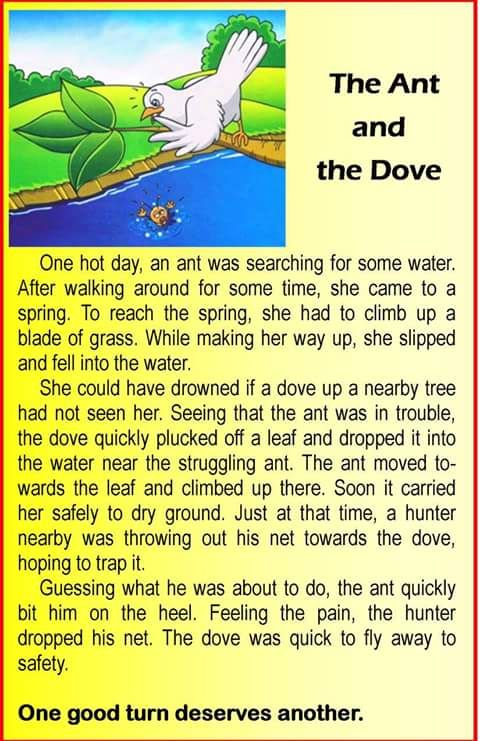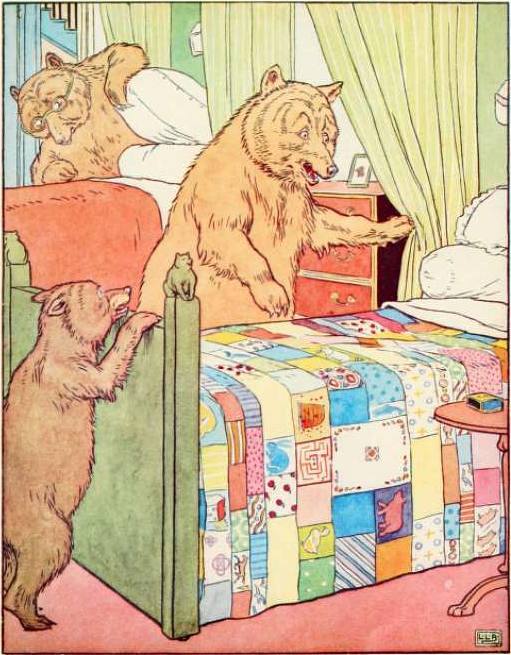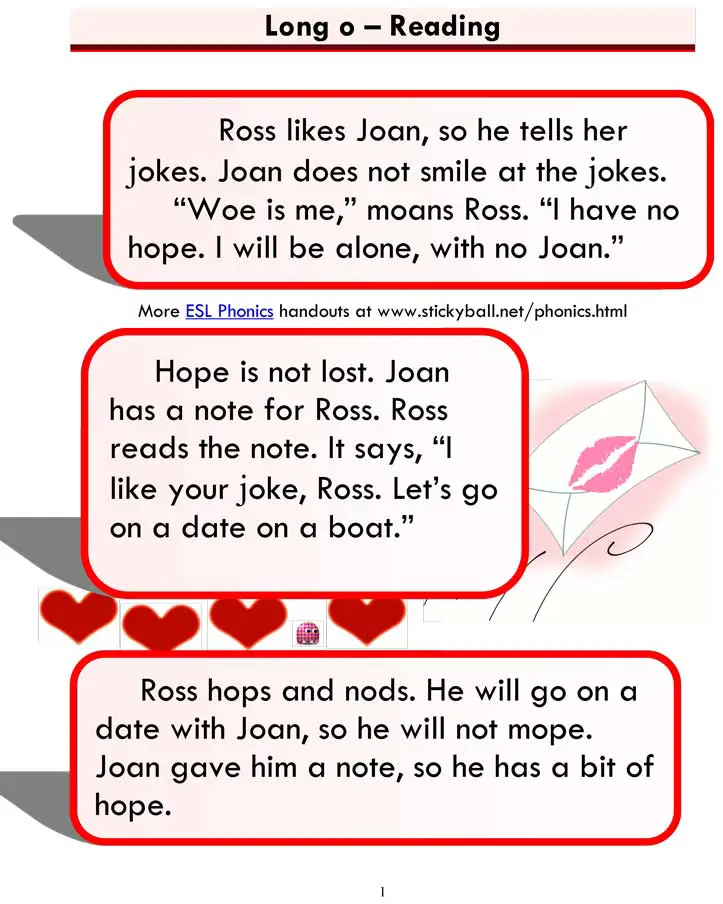Word games for 6 year old
10 Best Word Games for Kids
Word games for kids are a great way for children to learn new vocabulary in a fun way. This list of word games includes a range of spelling games, and vocabulary games for kids that will get them talking and help their language development.
Word Games and Vocabulary Games for Kids
Word games are a fantastic way to get your kids learning when they don’t realise it. These types of games help to build vocabulary, learn to spell, and communication in general. They are also really fun and most of them can be played almost anywhere.
If you are looking for board games that you can buy, check out our board games for kids post. These word games below don’t need much preparation, but if you don’t have time to prepare your own, you can also purchase a range of fun word games for kids HERE.
1. Hang Man
The Game: Arguably one of the most popular word games for kids is Hang Man. This word game can be played with minimum 2 players and is perfect for kids to practice their spelling. Player 1 thinks of a word and Player 2 (or more) has to guess it before they get “hung.”
How to Play: Player 1 writes down a line for each letter of the word they have chosen, so that the other player/s know how many letters there are in the word. Player 2 needs to guess a letter they think may be in the word. If the letter is correct Player 1 writes the letter down on the line or lines. If it is incorrect Player 1 draws part of the “hangman”. If the drawing is complete by the time Player 2 guesses, then Player 1 wins.
2. Words within a word
The Game: This is a great word game for kids that requires them to create their own words out of one large word.
How to Play: Choose one really long word with at least 8-10 letters. The longer the word the better. Then set a timer for 1 minute and start. Each player needs to try to make a list of small words out of the letters of the long word. So, for example the word COMPUTER includes: put, cot, term, core, mop, top, pet.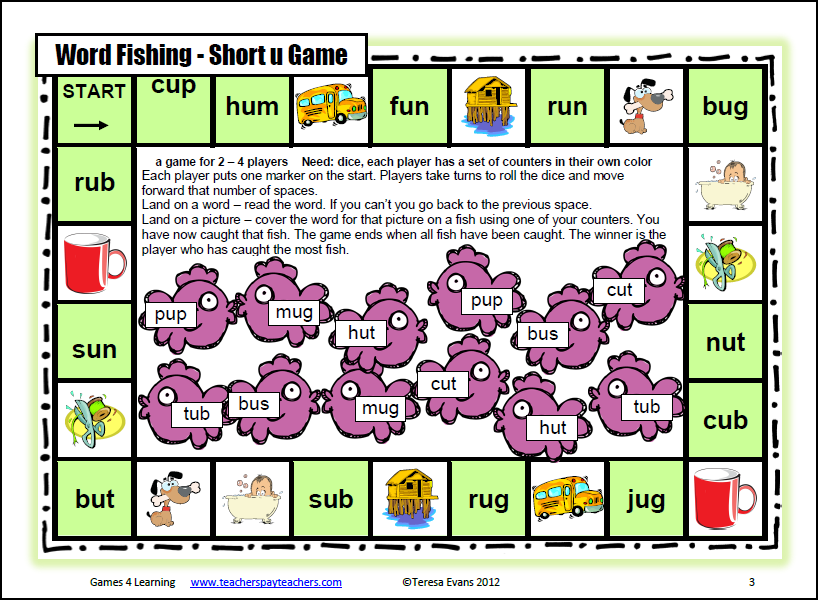 Etc. This is a really fun word game to help children’s spelling skills.
Etc. This is a really fun word game to help children’s spelling skills.
3. I spy
The Game: A really easy and fun word game for kids that doesn’t need any materials at all and can be played anywhere is I spy. Guess what the person “spies”. Play this guessing game with as many players as you want in the car, on a walk, or even at dinner.
How to Play: Player 1 looks around and chooses an object that he or she can see then proceeds to say, “I spy with my little eye, something beginning with __” The other players then need to guess what the word is. Whoever guesses the correct words is next up to spy. Great game to play in the car.
4. Unscramble the words
The Game: This is a simple word game for children that needs a little preparation, but will get them really thinking. Kids will need to unscramble the letters to solve the word.
How to play: Write down a list of words on a page, but scramble the letters so that they are not in order.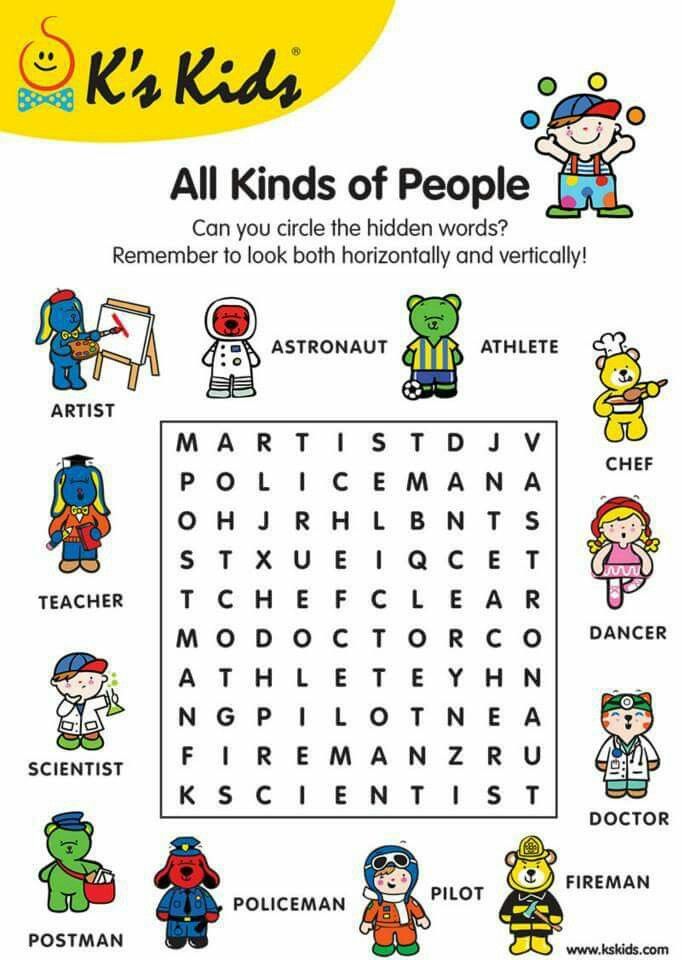 Kids will need to look at the scrambled letters to try to form the word. For younger children, it can be simple 3-4 letter words, for older ones to make it more challenging try some 5-8 letter words. This is a great vocabulary game for kids of any age that will really test their problem solving skills.
Kids will need to look at the scrambled letters to try to form the word. For younger children, it can be simple 3-4 letter words, for older ones to make it more challenging try some 5-8 letter words. This is a great vocabulary game for kids of any age that will really test their problem solving skills.
5. Bingo
The Game: Bingo is such a fun and easy word game for kids. There are some really good versions on Amazon HERE. That you can buy, but you can also just make up your own. Kids must find the words on their bingo card and be the first to cross them all off.
How to Play: Draw a square grid on a page and choose a theme. Write out some words using the theme. It could be colours, shapes, animals, or even their sight words they are learning at school. For a group of players, make sure that all of them have slightly different words.
Make an extra copy of all of the words on every page then cut them up into squares and put in a bowl scrunched up.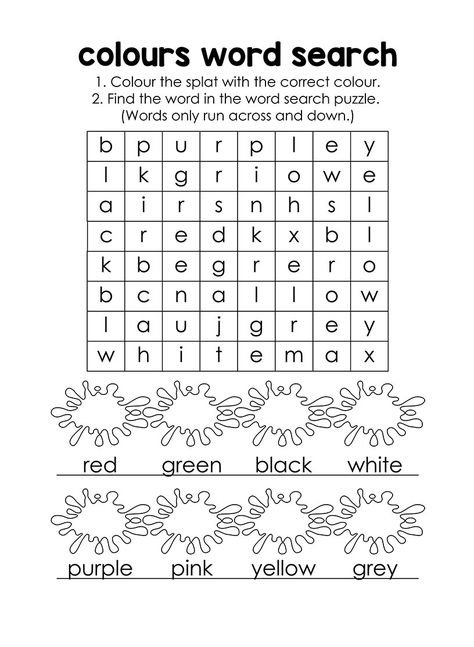 You and the kids can then take turns in pulling out a word and reading it out loud. Whoever has the word on their page covers it with a token). The first person to find all of the words calls out Bingo and is the winner.
You and the kids can then take turns in pulling out a word and reading it out loud. Whoever has the word on their page covers it with a token). The first person to find all of the words calls out Bingo and is the winner.
6. I am going on a picnic
The Game: An old favourite, and a fun word game to help with your child’s memory and to get them talking. One person is going on a picnic and each person has to say what they are bringing along, but with a twist! The more you play this vocabulary game the better you get at it.
How to Play: This game can be played with 2 or more people. Player 1 starts with saying “I am going on a picnic and I will bring … (and chooses an item, eg sandwiches”
Player 2 then repeats what the first person said, and adds something of their own. So, for example “I am going on a picnic and I will bring some sandwiches, and some strawberries.
Player 3 (or back to player 1) then repeats what the first person said, then the second person, and adds something of their own.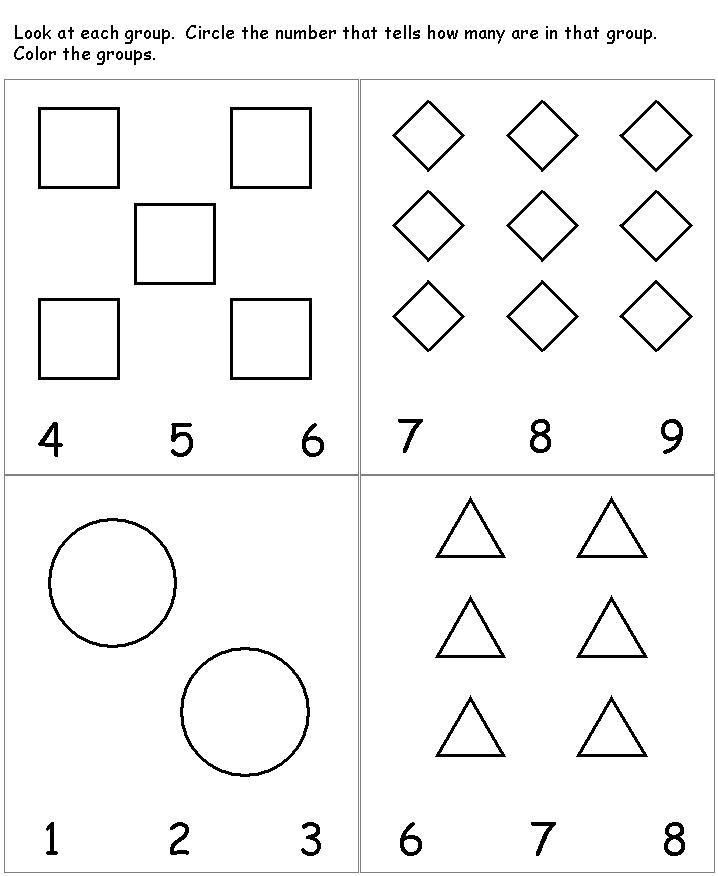 So for example “I am going on a picnic and I will bring sandwiches, strawberries, and a picnic rug.”
So for example “I am going on a picnic and I will bring sandwiches, strawberries, and a picnic rug.”
You keep going like this for each person around the circle and as you go, it gets more difficult to remember every item. The game ends when someone cannot remember them all.
7. Alphabet
The Game: Another simple vocabulary for kids to get them thinking is the Alphabet game where you go through the alphabet to name different subjects.
How to Play: Write down the letters A-Z on paper, and then choose a subject such as animals or places. Kids need to then go through the alphabet using each letter to write down something from that subject. For example, Ape, Bear, Cow, Duck, etc.
The person who has the most at the end is the winner. This word game can also be played out loud if you don’t have paper, taking turns with each player going through the alphabet until someone cannot continue.
8. Word Family Game
The Game: This fun vocabulary game requires children to rhyme and think of new words.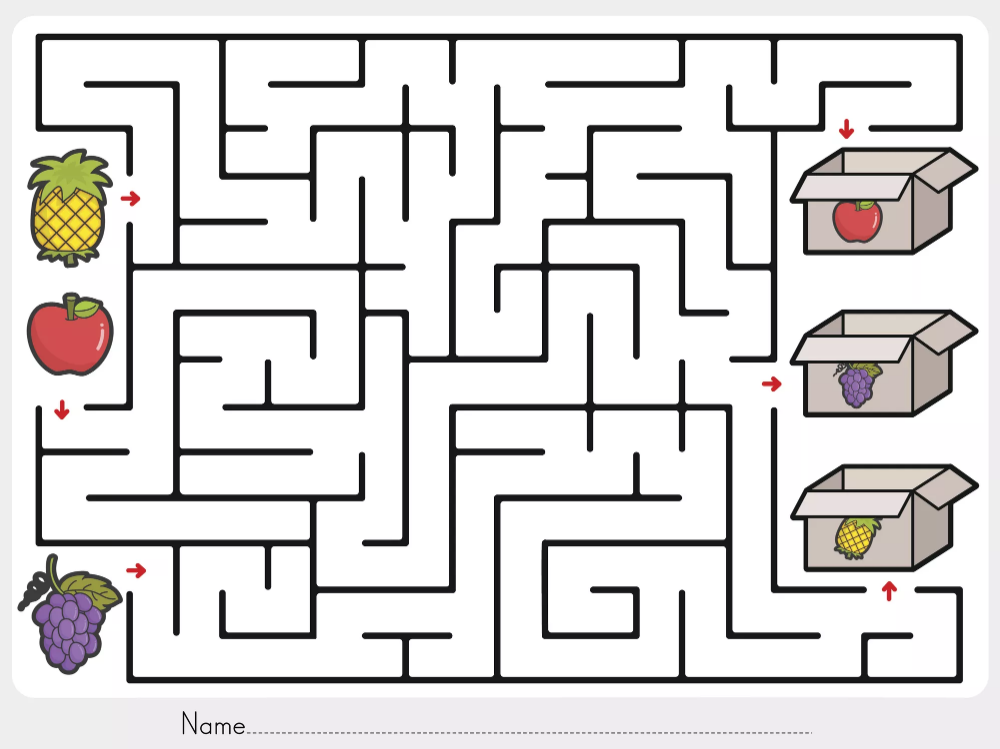 It can be played with 2 players or even a group.
It can be played with 2 players or even a group.
How to Play: Choose one word to start with, and then everyone needs to write as many words that rhyme with that word. For example if the word is “Mat”, answers could be: cat, sat, rat, pat etc. If you are playing in the car or on the go, you can do one word at a time. If you have paper, then start with a list of words and go through them all with a timer. The person with the most words wins.
9. Word Search
The Game: A fun but challenging word game for kids that encourages persistence is doing a word search. Kids need to find the hidden words within a grid.
How to Play: You can find lots of fun word searches online for free and print them out (as the one in the image above) Or you can make your own easily by drawing a grid of 10 x 10 squares. Once you have your grid, place as many words as you can within the grid. Words can go up, down, or diagonal. For older kids who need a challenge, make some letter overlap and used more than once.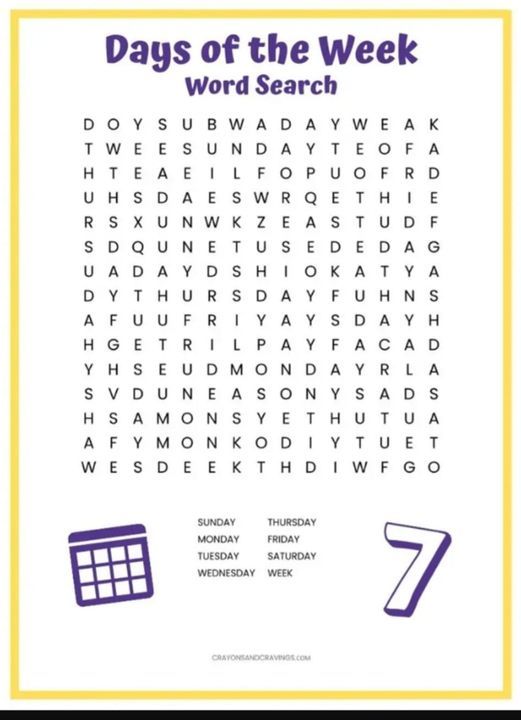
Make sure to create a list on the side or bottom of the page of the words you have entered so the player knows which words to find. Once you cannot fit anymore words in, fill the blank boxes with a range of random letters.
10. Story prompts
The Game: This is a great vocabulary game to get kids talking and sparking their creativity by making up stories together.
How to Play: Kids need to take turns in saying sentences to make a story. Player 1 starts the story, and says the first sentence. Player 2 continues the story with another sentence. Player 3 (or back to Player 1) continues the story again with another sentence and so on. The stories can become very interesting as each person has different ideas.
Other Fun Learning Games for Kids
If you love these fun word games for kids then you may be interested in our other posts that are also educational and help kids with their vocabulary and communication.
- Best board games for kids
- Best car games for kids
- Best kids activities to do at home
- Fun and simple science experiments for kids
- Nursery rhyme lyrics
Best word games for kids of all ages
These word games will certainly encourage your kids to use new vocabulary and improve their spelling too.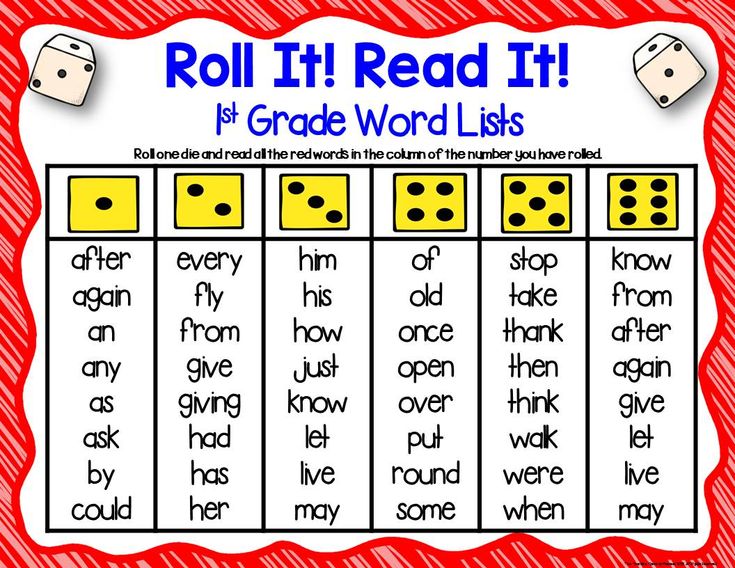
The best thing about these word games for kids is that they can can be played with children of all ages. Even parents can join in the fun too. Just adapt the game to suit the age of the player. Let us know if you have a favourite word game for kids that we haven’t listed so we can try it out!
Follow Mum’s Little Explorers on Facebook for more inspiration and if you are in Melbourne, come join the Melbourne for Kids Facebook Group.
40 Word Games for Kids (To Nurture Literacy Skills)
Word games have the advantage of being both boredom busters and literacy boosters. There is a word game out there for every child and situation. Whether it’s a spoken word game for impromptu play on a rainy day or an online word game when you’re out and about, we’ve got you covered.
We’ve got online games to play on the go, word game printables, and board games as well as the traditional games you played as a kid.
Table of Contents
- Classic Word Games for Kids
- Word Board Games for Kids
- Printable Word Games for Kids
- Online Word Games for Kids
- Benefits of Word Games for Kids
- Not Just A Game
Classic Word Games for Kids
This list of classic word games begins with those you can play verbally, without any preparation.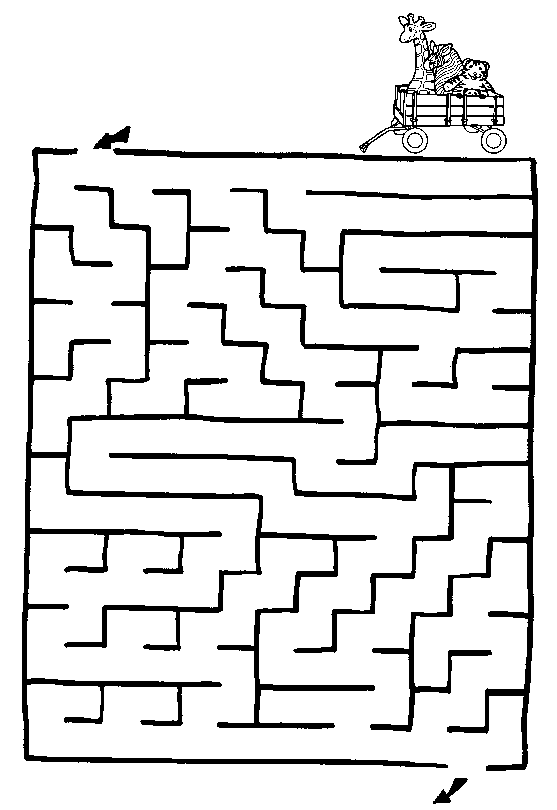
Then we move onto those that can be played spontaneously but need a pen or pencil and paper.
I-Spy
A perennial classic, I-Spy can be played with kids of all ages and interests. The “spy” begins by saying “I-Spy, with my little eye, something beginning with….” and the other players must guess what the item is. The first person to guess correctly becomes the spy.
For younger children, you can adapt the game by “spying things” of a particular color.
I Went To The Zoo
To begin, the first person says, “I went to the zoo and I saw a…” and they choose an animal. The next person says “I went to the zoo and I saw a …” and they say the first player’s animal and then add one of their own. Players take turns until someone recites the string of animals incorrectly.
You can play by either:
- Using a single letter.
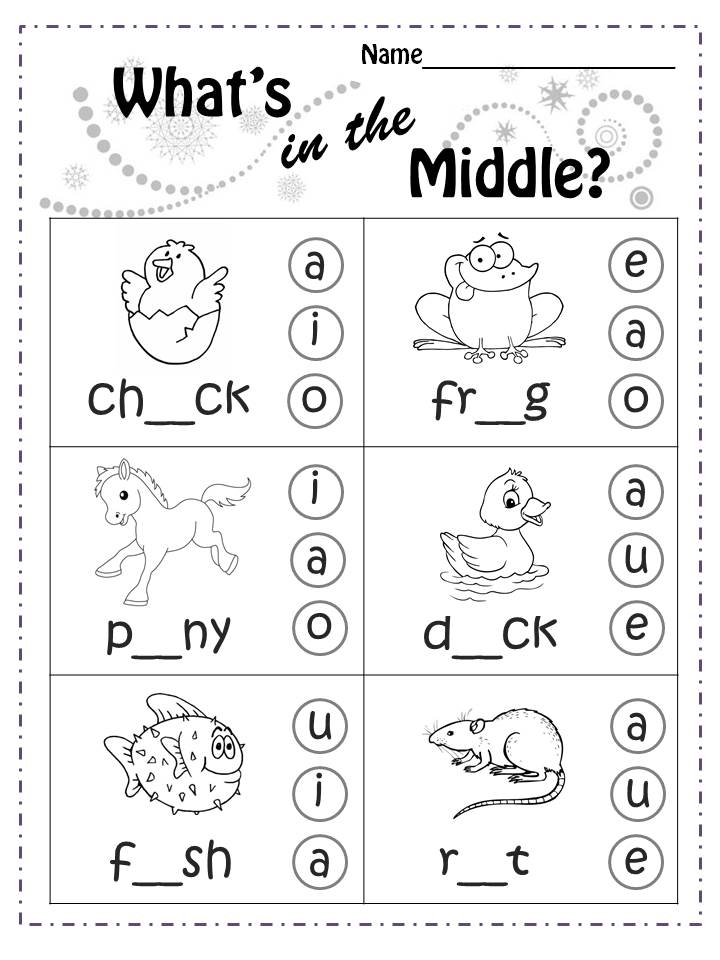 If you choose L, all of the animals would begin with L.
If you choose L, all of the animals would begin with L. - Using all of the letters of the alphabet, in order. So the first person chooses an animal beginning with A, the second an animal beginning with B, and so on.
For older children, you can restrict the animals from a particular continent or eco-system. To be able to play with younger kids, your child will need to learn the alphabet or at least some of the letters and their sounds.
The Prime Minister’s Cat
To play The Prime Minister’s Cat, children should have a vocabulary large enough to include plenty of adjectives.
The first player begins by saying, “The Prime Minister’s Cat was a ?? Cat” and they add an adjective beginning with A. You might say “The Prime Minister’s Cat was an attentive cat.” The next player repeats the process, but with the letter B, and so on.
Hink Pink
Hink Pink is a word rhyming game. The first player thinks of two words which rhyme, such as “Big Rig” but they do not tell the other players what their words are.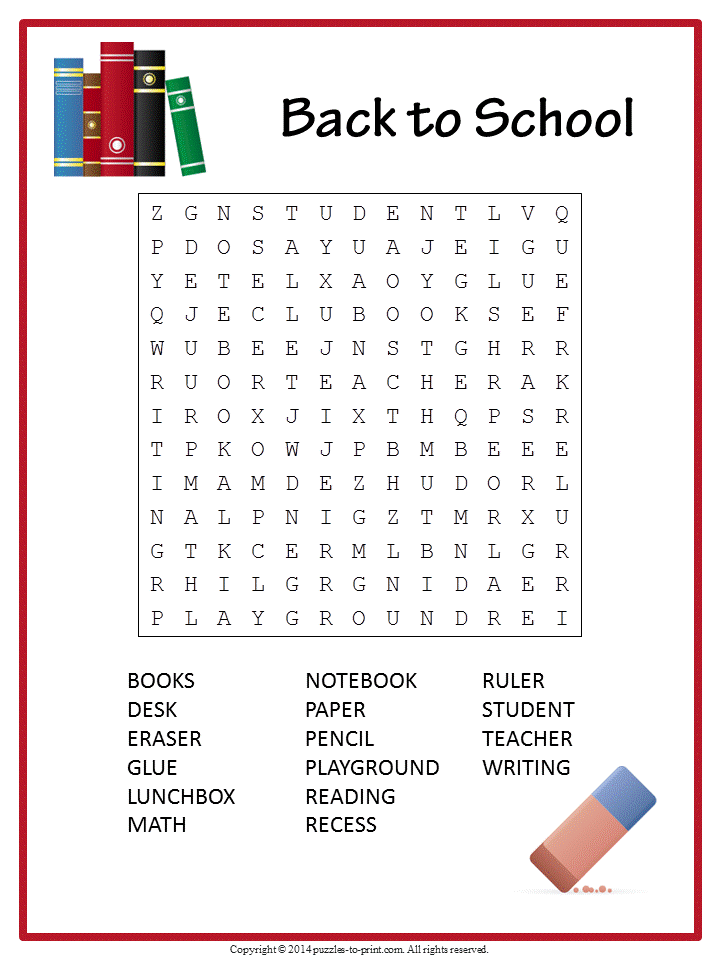
The player then gives a clue to their words. So, using “Big Rig,” the clue might be “large truck.” Other players must then try to guess the rhyming pair.
The first person to guess then takes a turn. This game is best suited for those 4 years and older.
Shopping List
To play this game, the first player says they’re going to the store to buy X, and names a grocery item. They then turn to the player on their left and ask if they “want anything at the store.”
The second player must ask for something that begins with the last letter of the previous item. If the first item is dog food the next person chooses something beginning with D.
The first player then says “OK, I need” and lists the two items. This continues until the “shopper” makes a mistake on their list. The shopper’s role then passes to the person on their left.
Words In Words
Each player needs a pencil and paper. One player chooses a word and everyone writes it down. Players then write down as many words as they can within an agreed-upon time limit, using the letters in the first word.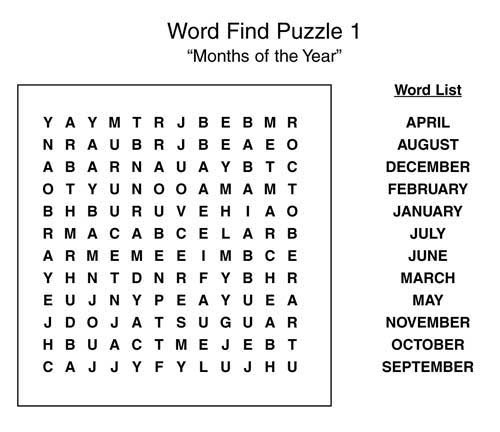
One point is awarded for each correct word, and the winner is the one with the most points.
This game is best for children who are at least in their early elementary school years. Adjust the game difficulty to match the age of the players.
Meanings
Each player has a pencil and paper, and one player chooses a word. Players then write down as many words as they can think of, which have the same meaning as the chosen word. Everyone gets a point for each word and the person with the most points wins.
This is better suited for middle school students and older.
Tutti Frutti
Each player is given a pen and paper. All players take turns to think of a category such as animals. Each player writes down as many of those things they can think of in a set time.
The winner is the person with the most items.
A child must be able to write to participate in this game. If you want to play with younger children, you can do an oral version where you write down their answers in a separate room from the other players, so they don’t hear the answers.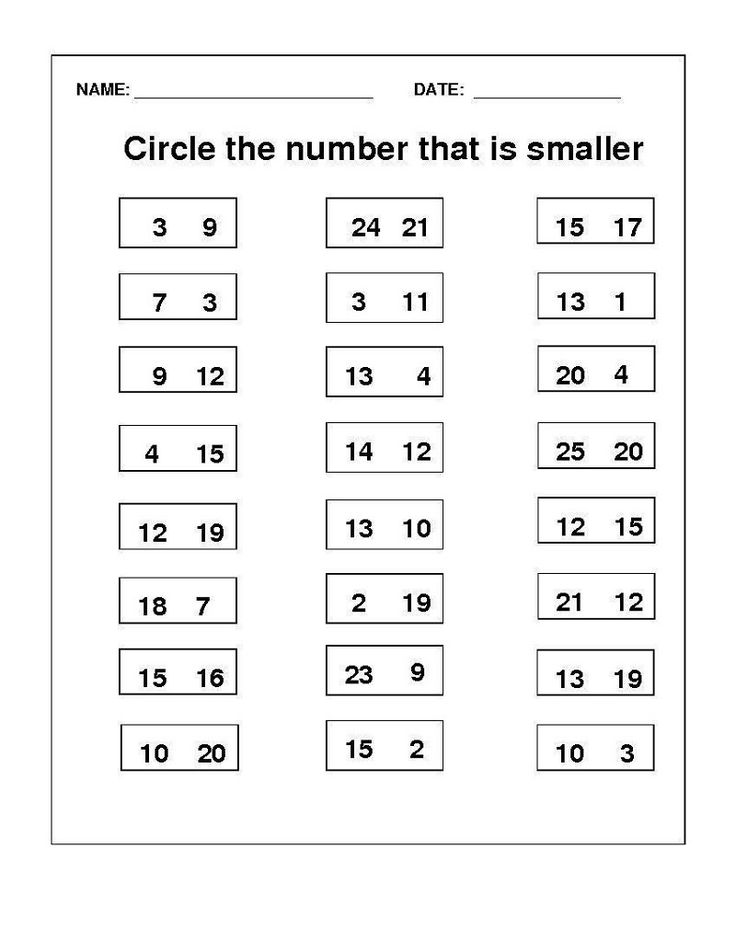
Make it more difficult for older children by narrowing the category, such as animals that begin with the letter P.
Mouse And Cheese
Begin by drawing a zig-zag line to represent steps. Then draw a mouse at the bottom of the steps.
One player thinks of a word and draws a series of dashes, one for each letter. Other players take turns naming a letter. If they’re correct the letter is written on the corresponding dash.
If the guess is incorrect, you draw an arrow to represent the mouse climbing the stairs. The first player to guess the word wins, or, if the mouse gets to the top, the game is over.
Letter Ladders
Give each player a basic ladder diagram with a word of your choice at the top. Players then change one letter to make a new word and write the new word on the next rung. The winner is the person who gets furthest down the ladder.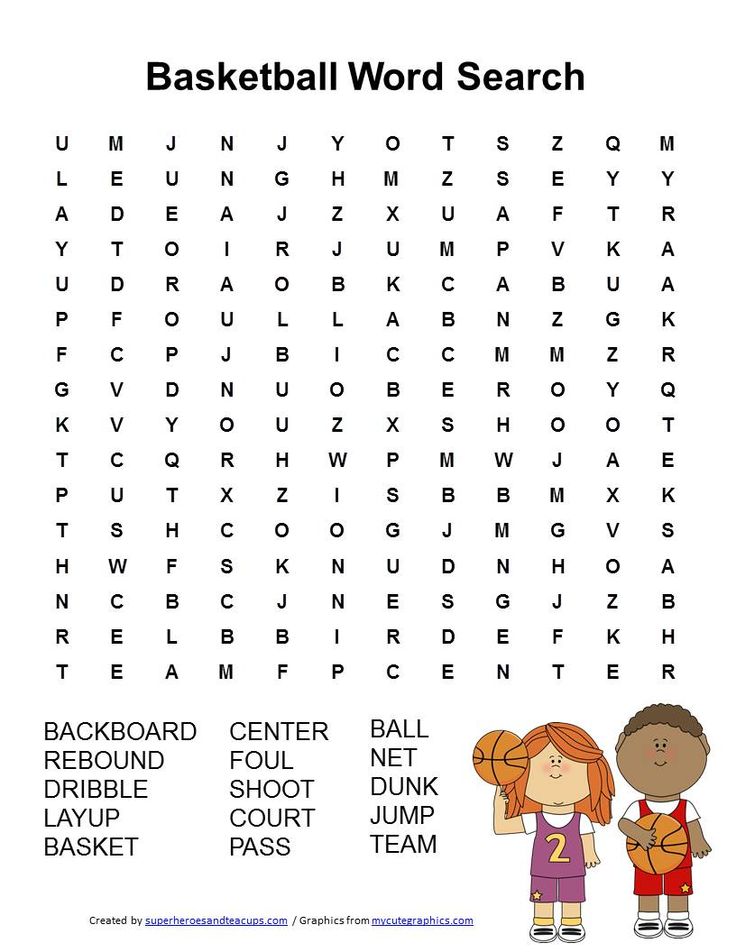
Make the game more difficult by writing one word at the top, one at the bottom, and challenging your child to get from one to the other by changing a letter at a time.
Word Board Games for Kids
There’s an extensive variety of word-based board games for kids. They range from basic junior versions of well-known family board games to quirky high-energy games played with word or letter tiles.
We’ve also thrown in a couple of card tricks rather than board games, but they’re both so good we couldn’t leave them off the list.
Boggle Junior
Boggle Junior consists of a set of stands, 30 word and picture cards, and eight dice with a letter on each face. You can play one of four ways, each of which helps to build a different literacy skill. Begin with the letter matching and work up to the spelling game.
This game is best suited for those who are 3 to 6 years.
Zingo Sight Words
Each player is given a Zingo card. Push the slider on the Zingo machine to deliver two tiles.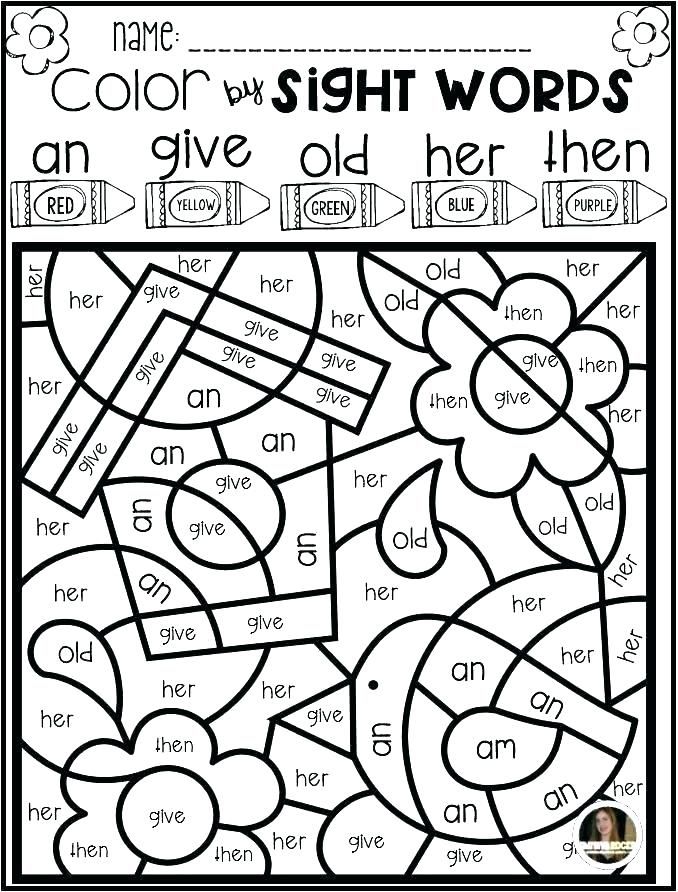 If a tile matches a square on their card, the player calls out and is given the tile.
If a tile matches a square on their card, the player calls out and is given the tile.
The first player to cover all of the words on their card wins. The best age range for this game is 3 to 6 years.
Scrabble Junior
On one side of the board, players take turns to match their tiles to pre-written words and move their token one place per point. The first to the finish wins.
On the reverse, there is a board with a blank grid for a more traditional game of Scrabble, but without the double and triple score options.
The recommended age range is 4 to 8 years.
Blurt!
This award-winning game for 3 to 13 players builds listening skills as well as vocabulary.
A player reads out the definition of a word, from one of the Blurt! cards. The first person to “Blurt” out the correct word moves their game piece along the board.
This game is best for those 4 years and older.
Sequence Letters
Players take turns to match the letter on one of their cards to the initial sound of a picture on the board.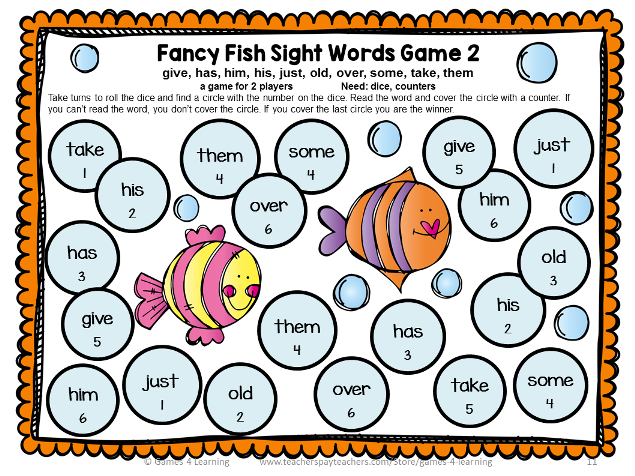 When they do, the player places one of their tokens on the picture. The object is to get five tokens in a row, which is not as easy as it sounds.
When they do, the player places one of their tokens on the picture. The object is to get five tokens in a row, which is not as easy as it sounds.
Children ages 4 to 7 years are best suited for this game.
Bananagrams
Players use tiles to make as many words as possible in a crossword-style grid. The beauty of this game is that speed is more important than having a large vocabulary or strategically arranging tiles on a board.
For regular Bananagrams, the suggested player age is 7 years or older. For Bananagrams Jr., players can be 4 years and older.
Goliath WordSearch
To play, one of the 20 pre-printed word search puzzle discs is placed in the game board. The board is then rotated to reveal one of the words hidden on the disc. Players must then race to find the hidden word and lay their colored markers along it before anyone else.
This game is recommended for players 7 years and older.
Upwords
Each player starts with seven tiles.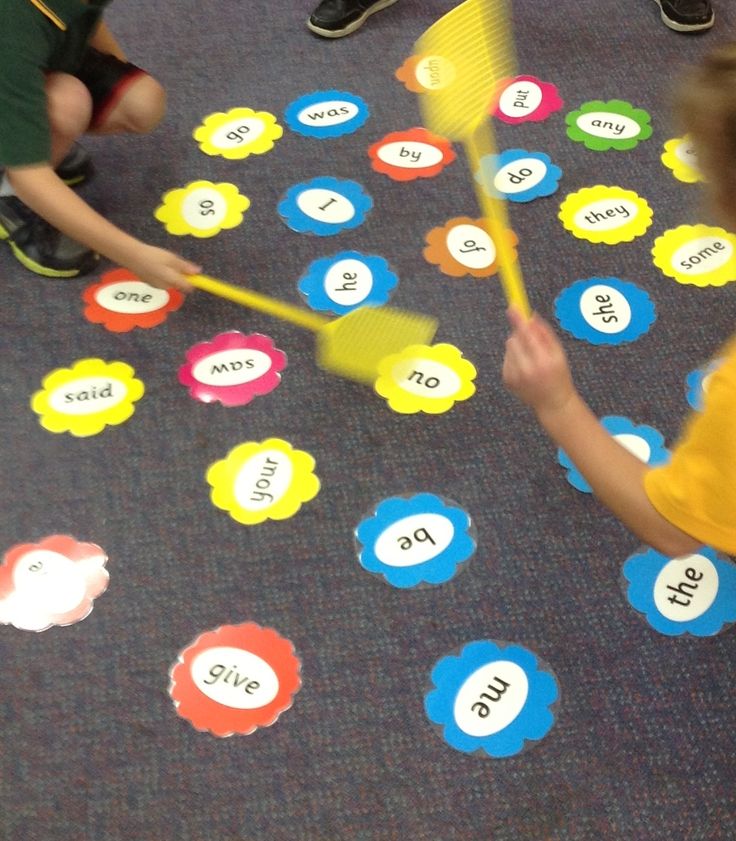 The first player lays them on the board to make a word and the next player adds some of their own tiles to make another word. Unlike Scrabble, you can stack tiles on top of each other.
The first player lays them on the board to make a word and the next player adds some of their own tiles to make another word. Unlike Scrabble, you can stack tiles on top of each other.
Points are awarded for each tile laid. The recommended age for this game is 8 years and older.
Wordical
A challenging spelling game for 2 to 8 players, Wordical players are dealt a hand of random consonants cards. Roll the vowel dice and the players must use the letters on the dice and the cards in their hand to make words.
The player with the highest scoring word wins the round. Wordical is best suited for those 8 years and older.
Quiddler Word Game
The great thing about Quiddler is it can be played together by children and adults. It is also highly portable, so it’s well-suited for travel.
It’s often compared to Scrabble with cards instead of tiles, but we find Quiddler much friendlier and more relaxed than its distant board game cousin.
It’s a game best suited for 8 years and older.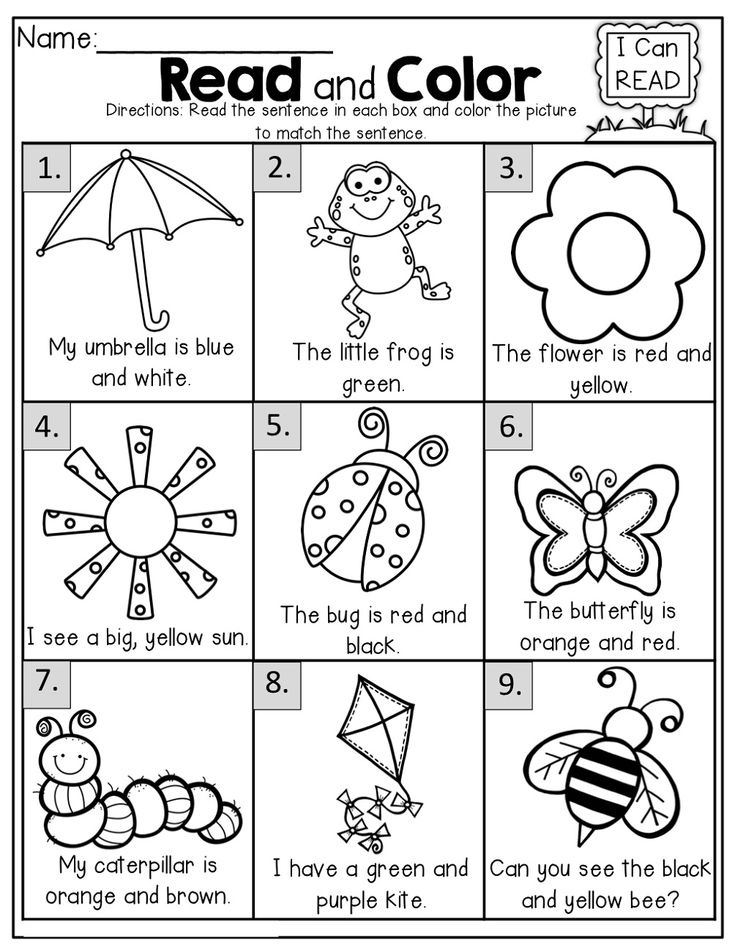
Printable Word Games for Kids
Looking for some informal and fun learning opportunities? Or if you need low cost or no-cost resources for homeschooling or a way to keep your child’s brain nimble, printable word games are an excellent literacy booster.
They are portable, and you can reprint them as many times as you like. Most of these are best for school-aged children.
Word Searches
You can find word searches that are suitable for kids of all ages and interests. These staples of the word game world also range in difficulty. There are simple versions that only have words written forwards, horizontally and vertically, and harder ones that hide the words backward and diagonally.
Anagrams
Print out a list of mixed-up words, then challenge your child to rearrange the letters and discover what they should say.
My top tip is to look for sheets that have lots of room for your child to try writing down the letters in different arrangements. This is especially useful for kids new to anagrams.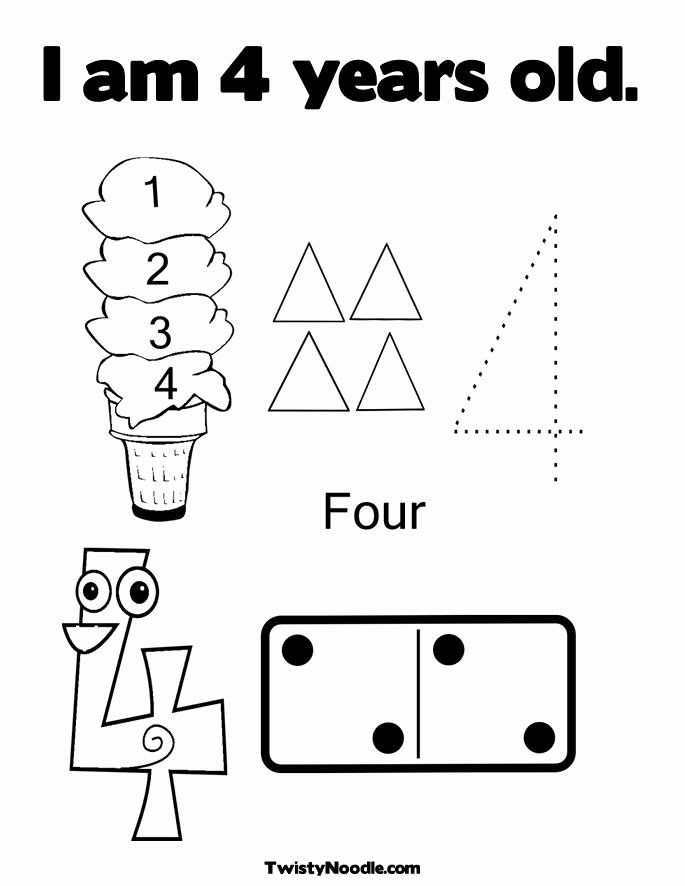
Word ladders
Setting up word ladders can take a bit of time and effort, especially if you’re using longer words. If you don’t have the time or the inclination, there are numerous printable word ladders to be found online. However, they are usually for younger children.
Secret Codes
Part word game and part undercover shenanigans, secret codes are a good choice for kids who are not yet confident with their independent reading and writing skills.
Rather than requiring them to know how to spell, these substitution codes help your child to focus on the process of replacing symbols with letters.
Word Bingo
Print on cardstock and you have a game that can be played in two ways.
With option one, play it like a traditional bingo game with a caller and kids covering up the words they have to make a line. With option two, let your child tick off the words as they hear them while watching a show.
Sight Word I-Spy
We are especially fond of this example of printable I-Spy because of the empty space on the side of the sheet.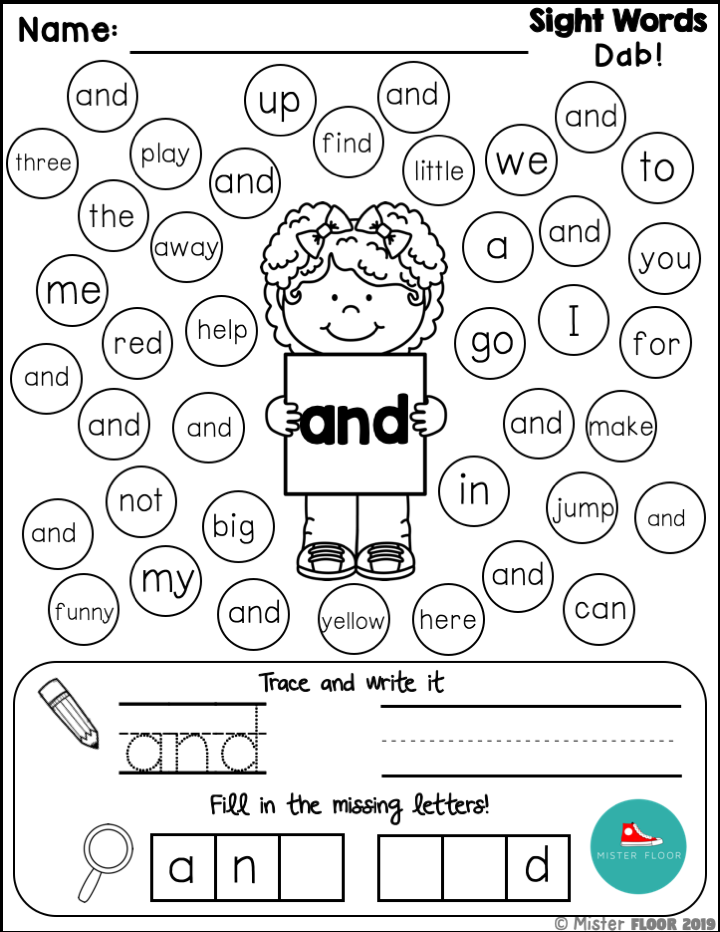 This large blank space gives our kids room to write down the items they find. They can then focus on finding the other item to make the rhyming pair.
This large blank space gives our kids room to write down the items they find. They can then focus on finding the other item to make the rhyming pair.
Mad Libs
Free-form Mad Libs you write yourself can be fun, but they can also take time to prepare. If your child expresses an interest in doing a Mad Lib activity, and you don’t have the time to prepare, printable Mad Libs can be a life-saver.
They’re also great if your kids have interests that would make a good Mad Libs theme, but you don’t know enough to create one yourself.
Printable Boggle
Although you can play Boggle alone, it’s more fun with family and friends. Consequently, suggesting your child makes words alone with the Boggle game can fall flat. That’s where printable Boggle comes in.
It’s the same principle, but for some reason, it doesn’t fall flat in the same way as a solo game of “proper” Boggle.
Word Match
A word match printable can be simple, with words down one side and pictures down the other.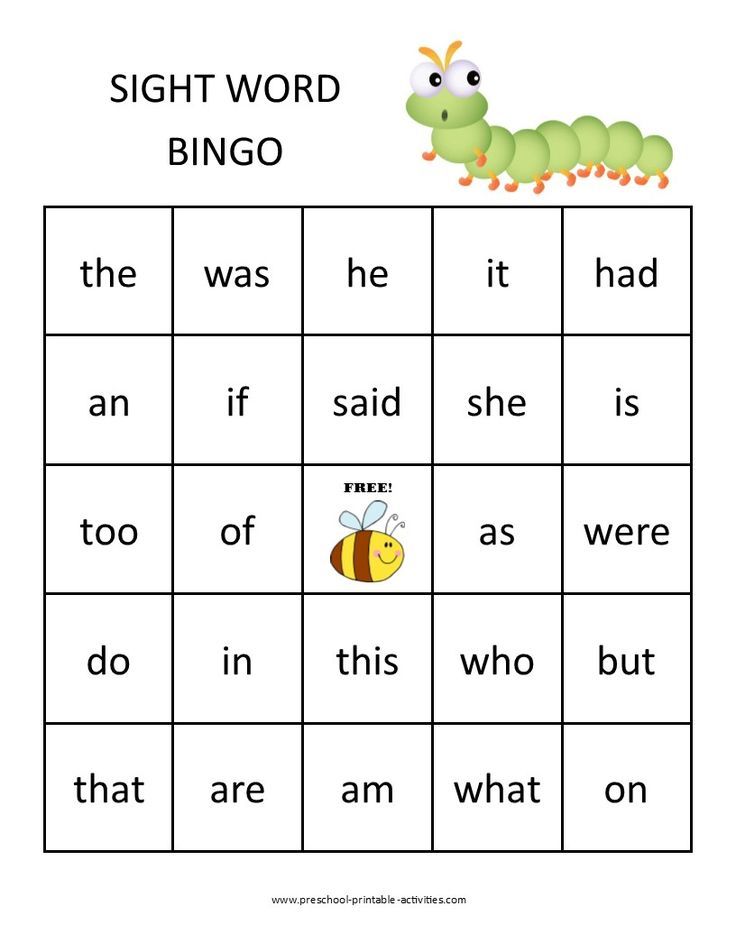
Using a printable that has more complex words to match to pictures can help your child make the leap from sounding out the entire word to making an educated guess based on the initial letter sound.
Crosswords
Again, you can find printable crosswords for kids of all ages and abilities. Beginners can have crosswords with pictures as clues and three-letter answers while older kids can have direct written clues and answers.
Finally, for those with a strong vocabulary, you can try crosswords with complex and or cryptic clues.
Online Word Games for Kids
While we should keep our kids’ screen time within suitable limits, it doesn’t mean all screen time is bad. Spending time with your child while they use educational apps and other online resources also helps them learn healthy online use habits (1).
We have chosen ten games that are free, and do not require any memberships or sign-ups to play.
Audio Words
Audio Words presents a series of cards on the screen.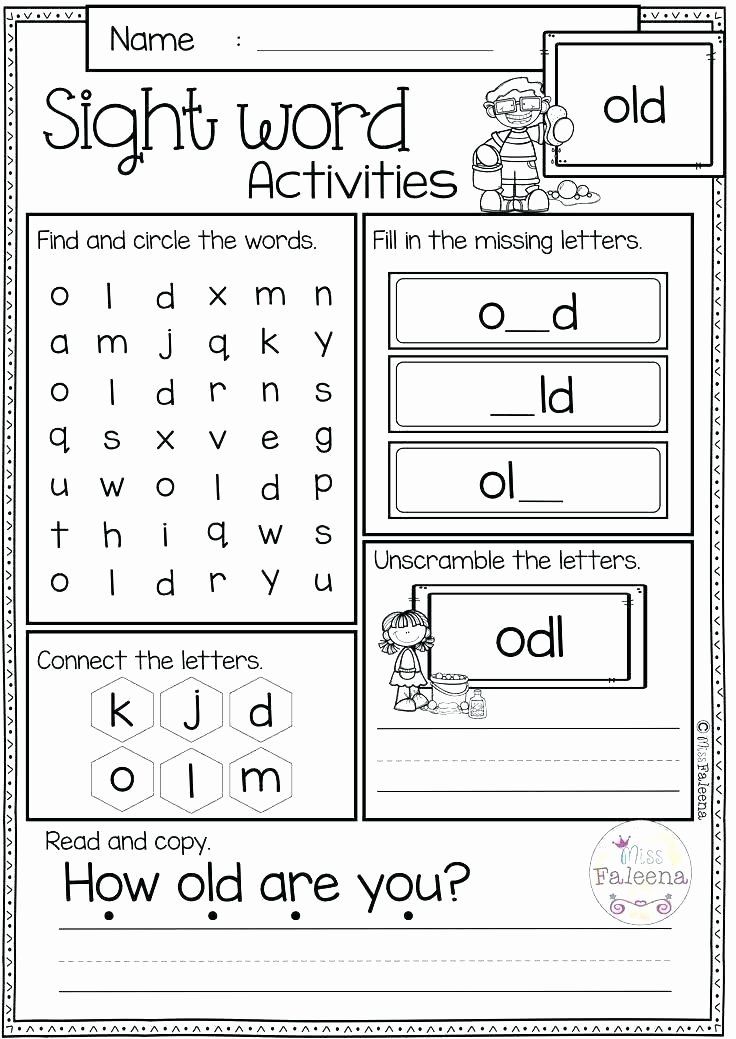 Kids click a card, the card turns over, and the game reads aloud the word on the card. You then click a second card and the same thing happens.
Kids click a card, the card turns over, and the game reads aloud the word on the card. You then click a second card and the same thing happens.
The aim of the game is to find matching pairs. It’s excellent for emerging readers.
Word Wipe
To play Word Wipe, children have to click on letter blocks in a grid and then link them to adjoining letter blocks to form a word. Once used, the letters disappear and the blocks above fall down to fill the gap. The game gets progressively harder as children work through the levels.
Letter Dash
Start the game and a series of dashes appear. Try to guess the letters that go in the place of each dash, before the time runs out. A box on the screen lets you see which letters you have used and the game gets progressively harder in response to a win.
This game does require Adobe Flash Player.
Animal Crosswords
This is a bright, colorful, animated crossword game for kids in second grade. The answer to every clue is the name of an animal which narrows down the possibilities for kids who are overwhelmed by crosswords without a subject focus.
Crosswords are randomly generated so it can be played multiple times. It also requires Flash Player.
PBS: Vocabulary Games
PBS has an entire page of word games for kids, each of which is linked to a specific PBS children’s program. This is useful if you have a reluctant learner who is a fan of a particular show.
However, you don’t have to have watched a program to play the associated game.
Free Words
Open Free Words and you are met with a game board that has six letters. Above the game board, there are a series of columns with a space for each word you can make from the letters provided. See how many of the words you can make before the timer runs out.
Word Hunter
Word Hunter is an online word search game with three levels of difficulty. This game is one of many educational games by CBC, the Canadian national broadcaster.
Games are themed and categorized which makes it easy to find something for your sports fan, animal lover, or budding adventurer, no matter what their literacy level.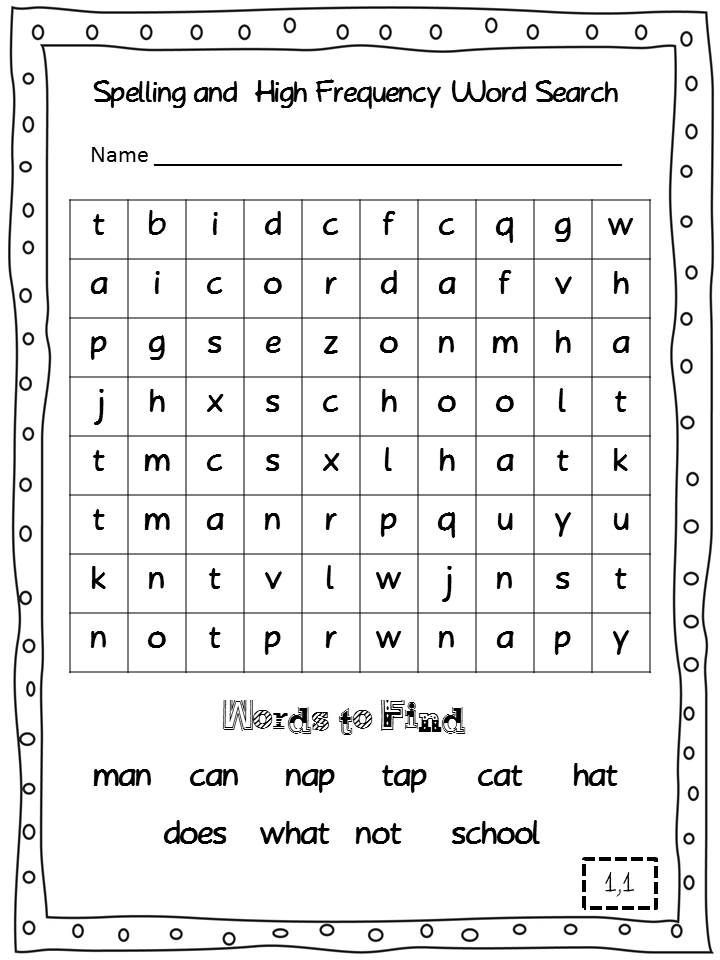
Freerice Vocabulary
Free Rice is a site hosted by the United Nations World Food Program. This game tests your child’s vocabulary by providing a word and four possible definitions. If the correct definition is chosen, rice lands in a food bowl, and the object of the game is to fill the bowl.
Another incentive to play this game is that your child will be feeding the hungry as they play. For every right answer, a small donation is made to fight world hunger.
Woodshake
Press play and the game will generate a 4×4 grid of letters. Your child highlights letters to make a word and presses enter. The number of letters determines the points awarded.
There is a three-minute timer, so there is an element of pressure that some children enjoy, but others don’t.
Word Unscramble
This multi-level game combines anagrams with a puzzle strategy for kids from kindergarten to grade 5.
A series of letters appear in circles at the top of the game area.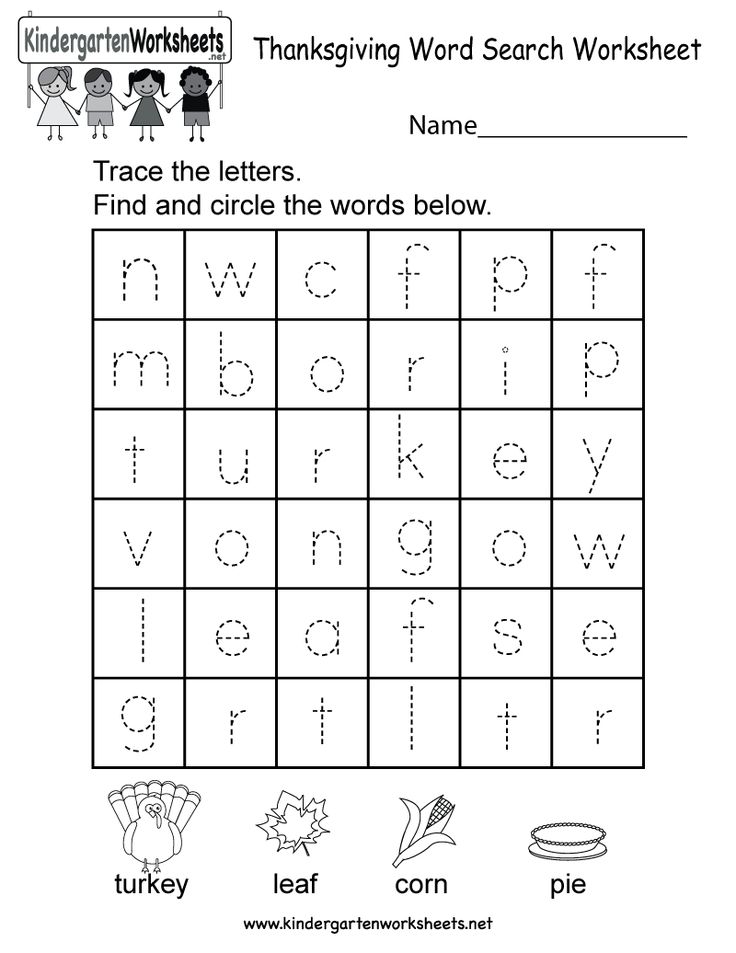 They slowly sink to the ground while the player swaps pairs of letters with each other. The aim is to get the letters in the correct order before they hit the ground.
They slowly sink to the ground while the player swaps pairs of letters with each other. The aim is to get the letters in the correct order before they hit the ground.
Benefits of Word Games for Kids
Literacy is about much more than being able to read and write. It is about understanding that words are labels and then knowing how to use those words to convey information, our thoughts, and our feelings (2).
Word games can help our kids lay the foundation for reading and writing, but they also help to develop the vocabulary to express themselves clearly and precisely.
Any game that helps a child focus, take turns, learn to live with losing, manage frustration, and consider others can only be a good thing.
Not Just A Game
Games were once considered a simple way to pass the time.
Now we know there can be significant social, emotional, and cognitive benefits for children who play games.
By providing word games for kids, you are not just putting an educational twist on a frivolous activity.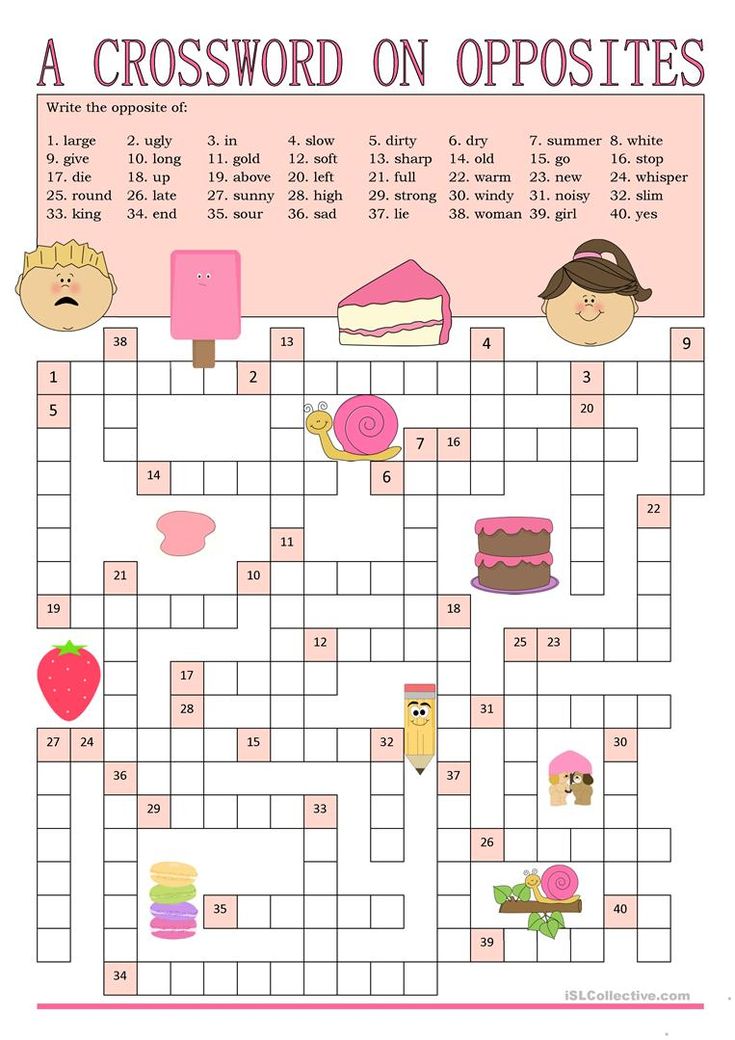
You are helping your child become a healthier, more rounded human being. And that’s something to feel good about.
Feedback: Was This Article Helpful?
Thank You For Your Feedback!
Thank You For Your Feedback!
What Did You Like?
What Went Wrong?
Word games and exercises for children in kindergarten, Card file of word games in kindergarten
Playing activities of a preschooler > Games for children round, what is oval?
Game progress: The teacher asks the child to name as many round and oval objects as possible. The child starts the game.
If he cannot name, the teacher starts: “I remembered that an apple is round and a testicle is oval. Now you go on. Remember what shape is a plum, and what is a gooseberry? That's right, the plum is oval, and the gooseberry is round. (Helps the child name objects and compare them in shape: ring-fish, hedgehog-ball, cherry-cherry leaf, watermelon-melon, acorn-raspberry, tomato-eggplant, sunflower-seed, zucchini-apple) .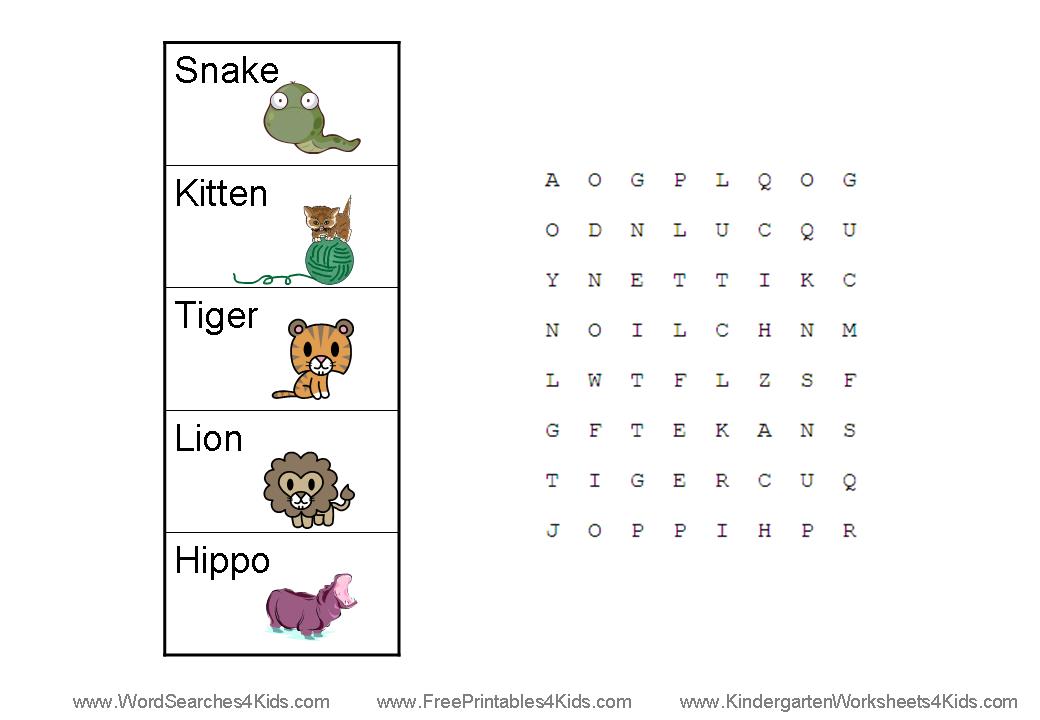
In case of difficulty, the teacher shows the child a set of pictures and together they arrange them into two groups.
“Flies - does not fly”
Game progress: The teacher invites children to quickly name objects when he says the word “flies”, and then name other objects when he says the word “does not fly”.
The teacher says: “Flies”.
Children call: “Crow, plane, butterfly, mosquito, fly, rocket, dove”, etc. Then the teacher says: “Does not fly”. Children call: “Bicycle, chamomile, cup, dog, pencil, kitten”, etc. The game continues: the words “flies”, “does not fly” are called by one of the children, and the teacher names the objects together with the children. The game can be played while walking.
"Edible - inedible"
The game is played by analogy with the previous one.
"Alive-non-living"
Game progress: First, we explain that we call all living objects "WHO", and inanimate objects "WHAT".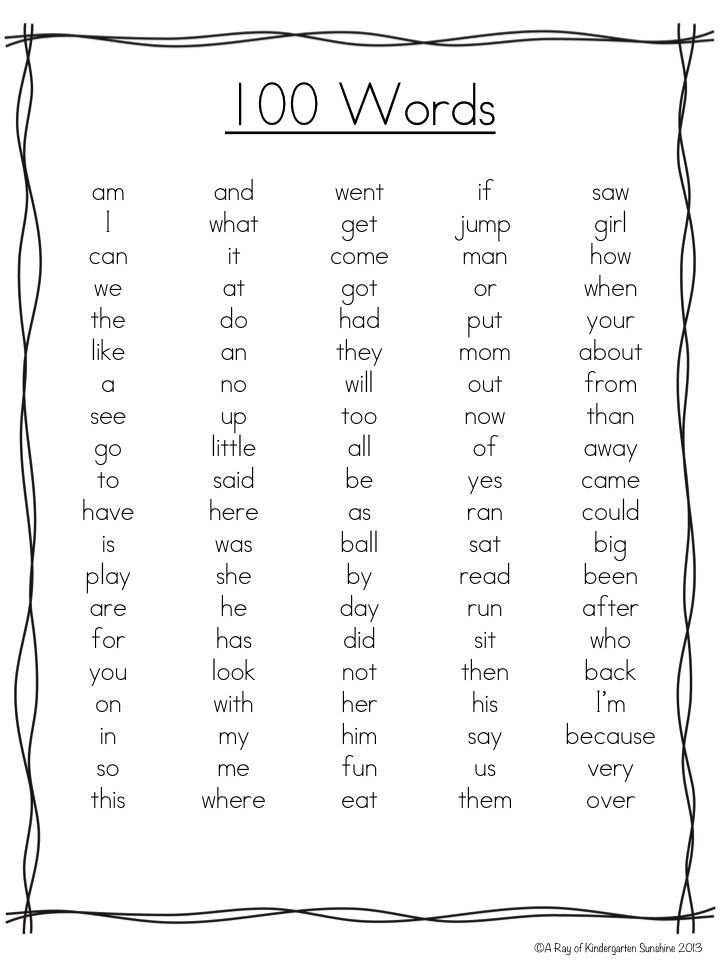 Here are some examples.
Here are some examples.
Then we play questions and answers. You can use picture books.
What is growing? Who is growing?
Who flies? What flies?
Who swims? What is floating?
Who is the biggest? What is the biggest?
Etc.
“What happens below and what happens above?”
Game progress: The teacher invites the children to think and name something that happens only upstairs.
If the children find it difficult, he prompts: “Let's look up, above us is the sky. Does it happen below? No, it always happens only at the top. And what else happens only at the top? Where are the clouds? (stars, moon) . Now think about what happens only below? Look at the ground. Where does the grass grow? Where does she go?” (plants, ponds, earth, sand, stones, etc.) .
After that, the children independently enumerate the objects of nature that exist only above and those that exist only below.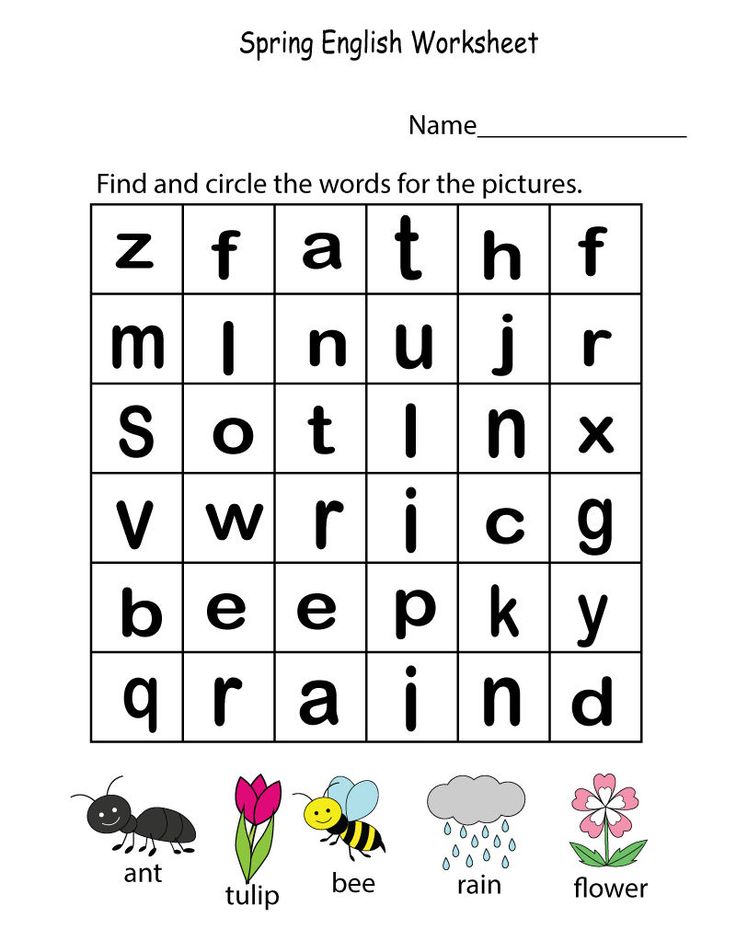
"What can be sweet?"
Game progress:
The teacher offers the children: Listen carefully, I will name something that is sweet. And if I make a mistake, then I must be stopped, I must say: “Stop!”
The teacher says: "Sugar, marshmallows, raspberries, strawberries, lemons."
The children listen attentively and stop him on the word where he "wrong". Then the children themselves name what is sweet.
“Answer quickly”
Game progress: The teacher, holding the ball in his hands, becomes a circle with the children and explains the rules of the game: “Now I will name some color and throw it to one of you ball. The one who catches the ball must name an object of the same color. Then he himself calls any other color and throws the ball to the next one. He also catches the ball, names the object, then his color, etc.”
For example, “Green,” says teacher (makes a short pause, giving the children the opportunity to remember green objects) and throws the ball to Vitya.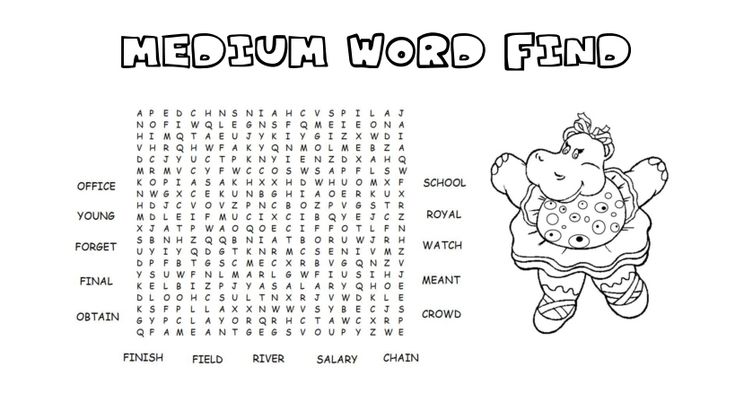
"Grass", - Vitya answers and, having said: "Yellow", throws the ball to the next one.
The same color can be repeated several times, as there are many objects of the same color.
The main feature for classification can be not only the color, but also the quality of the object.
The beginner says, for example: "Wooden", and throws the ball.
“Table,” answers the child who caught the ball and offers his word: “Stone”.
"Home" - the next player answers and says: "Iron", etc.
The next time the form is taken as the main feature. The teacher says the word "round" and throws the ball to any player.
"Sun" - he answers and calls another shape, for example "square", throwing the ball to the next player.
Thoth names a square object (window, handkerchief, book) and suggests some form. The same shape can be repeated several times, since many objects have the same shape. When repeating, the game can be made more difficult by offering to name not one, but two or more objects.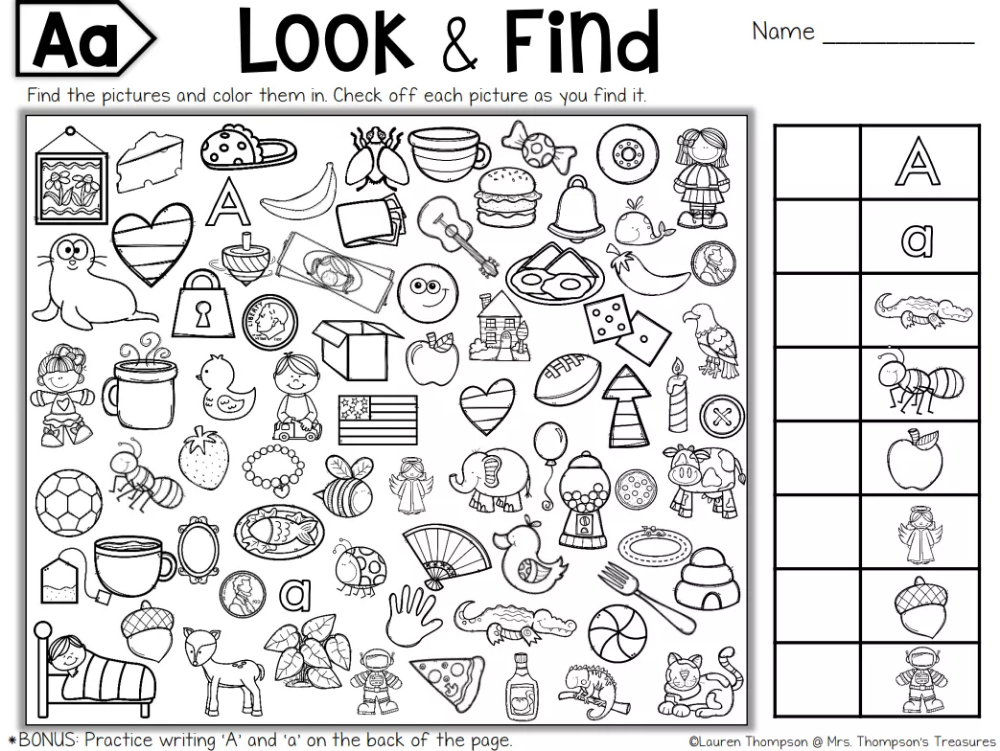
“How are they similar?”
Game progress: The teacher invites the children to look around and find two objects that are somewhat similar to each other.
He says: “I will call: the sun-chicken. How do you think they are similar to each other? Yes, that's right, they are similar in color to each other. And here are two more items: a glass and a window. How are they similar to each other? And now each of you will name your two similar objects.
Games to eliminate the fourth "extra" word
“Be careful!”
Game progress: The teacher says to the children: I will name four words, one word does not fit here. You must listen carefully and name the "extra" word. For example: matryoshka, tumbler, cup, doll; table, sofa, flower, chair; chamomile, hare, dandelion, cornflower; horse, bus, tram, trolleybus; wolf, crow, dog, fox; sparrow, crow, dove, chicken; apple, tree, carrot, cucumber.
After each highlighted "extra" word, the teacher asks the child to explain why this word does not fit into this group of words, i.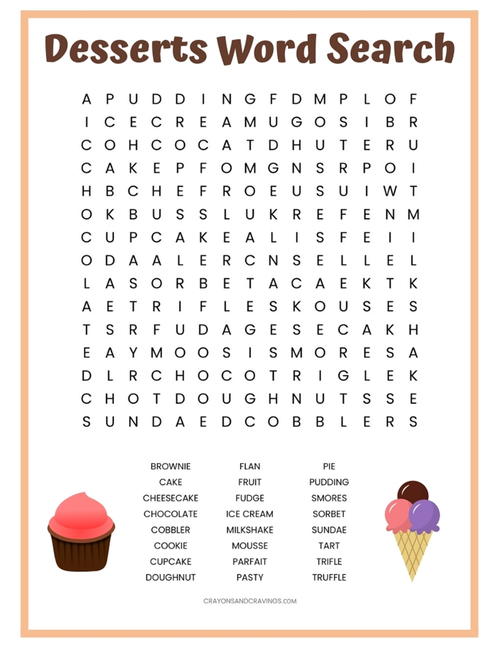 e., to explain the principle of grouping.
e., to explain the principle of grouping.
“Listen carefully!”
Game progress: The teacher says to the child: “I will name the words, and you will say which word does not fit: cat, fox, horse, cow; tractor, car, rocket, bus; pear, turnip, beet, carrot; book, pencil case, ball, notebook; water, thermometer, medicine, cotton wool.
In case of difficulty, he slowly repeats a certain set of words and helps the child to highlight the unsuitable for some reason.
Find out!
Game progress: What berries do you know? Now I will name the words, if among them you hear the word for a berry, then clap your hands.
Presentation words - cabbage, strawberry, apple, pear, currant, raspberry, carrot, strawberry, potato, dill, blueberry, lingonberry, plum, cranberry, apricot, marrow, orange.
"Now I'm going to name the words, if you hear a word related to berries, clap once, if it's about fruits, clap twice.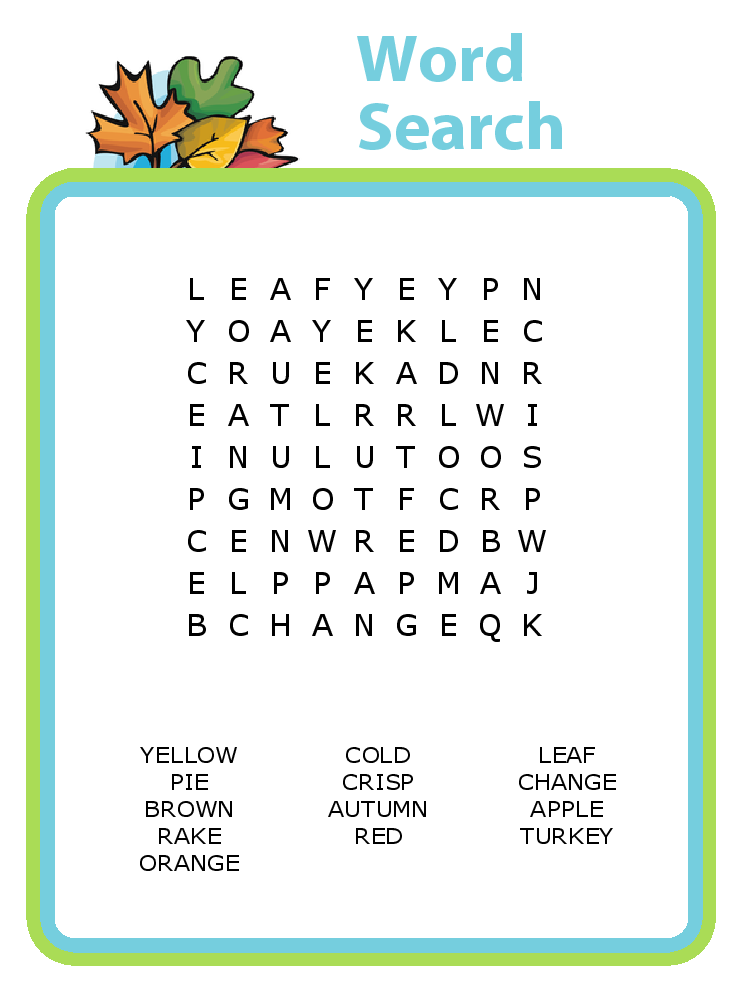 "
"
(Words can be used the same, you can come up with others.)
As a basis for systematization, there can be a theme - tools, furniture, clothes, flowers, etc.
Tell me, what are the similarities in taste? color? size?
- lemon and pear
- raspberry and strawberry
- apple and plum
- currant and gooseberry
What is the difference in taste? color? size?
Divided into groups
Game progress: "What groups do you think these words can be divided into? Sasha, Kolya, Lena, Olya, Igor, Natasha.
What groups can be made from these words: dove, sparrow, carp, titmouse , pike, bullfinch, zander".
“Pick up the words”
Game progress:
- Match as many words as possible that can be attributed to the wild animals group (pets, fish, flowers, weather phenomena, seasons, tools and etc.) .
- Another version of the same task.
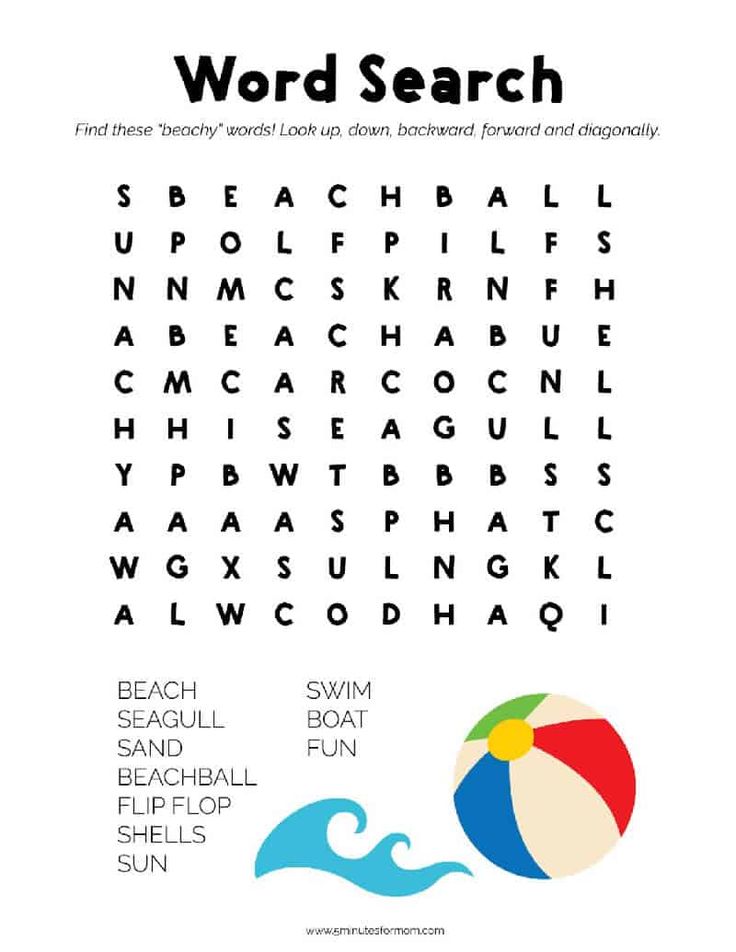
Use arrows to connect words that match the meaning:
ball | furniture
poplar | flower
wardrobe | insects
plate | wood
coat | clothing
ant | crockery
pike | toy
rose | fish
“Similarities and differences”
Game progress: Invite the child to indicate the similarities and differences of the following pairs of words:
Book - notebook | Day - night
Horse - cow | Tree - bush
Telephone - radio | Tomato - cucumber
Airplane - rocket | Table - chair
"Find the opposite object"
Game progress: Calling any object (for example, sugar) , you need to name as many others as possible that are opposite to this one. It is necessary to find opposite objects according to the function "edible - inedible", "useful - harmful", etc., on the basis of (size, shape, condition) , etc.
"Search for an analogy"
Game progress: A word is called, for example, a briefcase.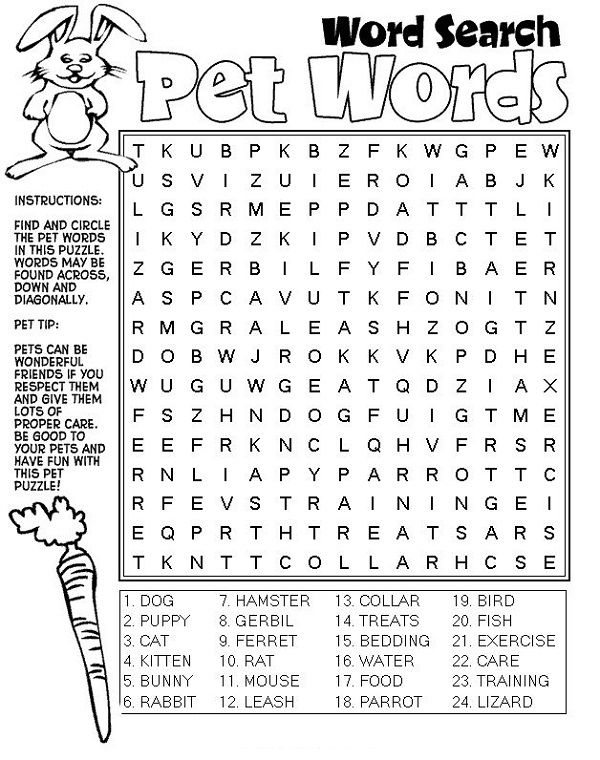 It is necessary to come up with as many "analogues" as possible, i.e. other items similar to it in various essential features (bag, sack, backpack, etc.) Game progress: Invite the child to name a group of objects in one word. We call many specific objects with one word. For example, birch, pine, oak, etc. we call trees.
It is necessary to come up with as many "analogues" as possible, i.e. other items similar to it in various essential features (bag, sack, backpack, etc.) Game progress: Invite the child to name a group of objects in one word. We call many specific objects with one word. For example, birch, pine, oak, etc. we call trees.
Invite the child to name in one word:
- a table, a chair, a cupboard are...
- a dog, a cat, a cow are...
- a cup, a saucer, a plate are...
- cornflower, chamomile, tulip - this.
"Find a common word"
Game progress: This task contains words that are united by a common meaning. It is necessary to try to convey this general meaning in one word.
What is the common word for the following words:
- Faith, Hope, Love, Elena
- a, b, c, c, n
- table, sofa, armchair, chair
- Monday, Sunday, Wednesday, Thursday
- January, March, July, September.
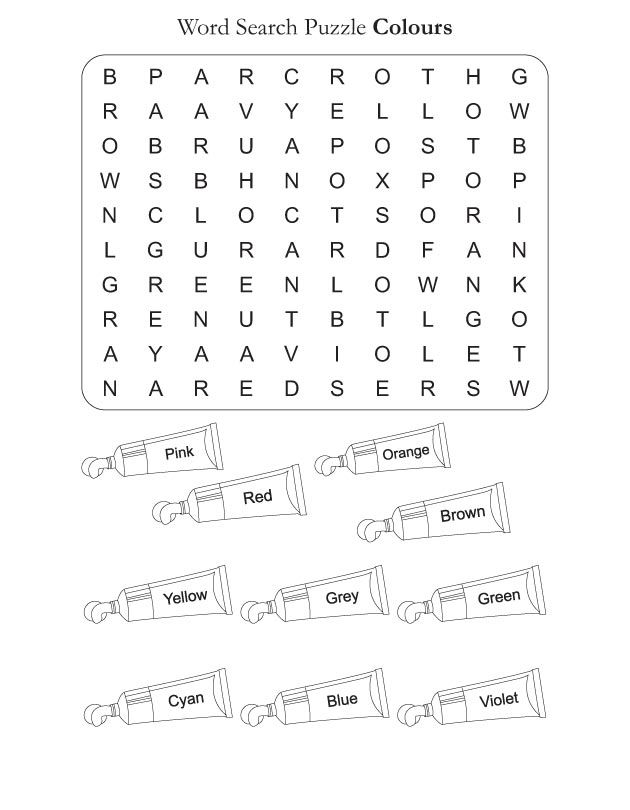
The generalizing word can be "spring months", or it can be "months of the year", etc.
A more complex version of the exercise contains only two words for which it is necessary to find a common concept.
Find out what the following words have in common:
a) bread and butter (food)
b) nose and eyes (parts of the face, sensory organs)
c) apple and strawberries (fruits)
d) clock and thermometer 900 Devices)
D) Kit and Lev (animals)
E) Echo and mirror (reflection)
“Words-twin”
Course of the game: This exercise is associated with this a phenomenon of the Russian language, like homonymy, that is, when words have different meanings, but are the same in spelling.
Which word means the same as the words:
1) a spring and something that opens the door;
2) the girl's hair and a grass cutter;
3) a branch of grapes and a drawing tool.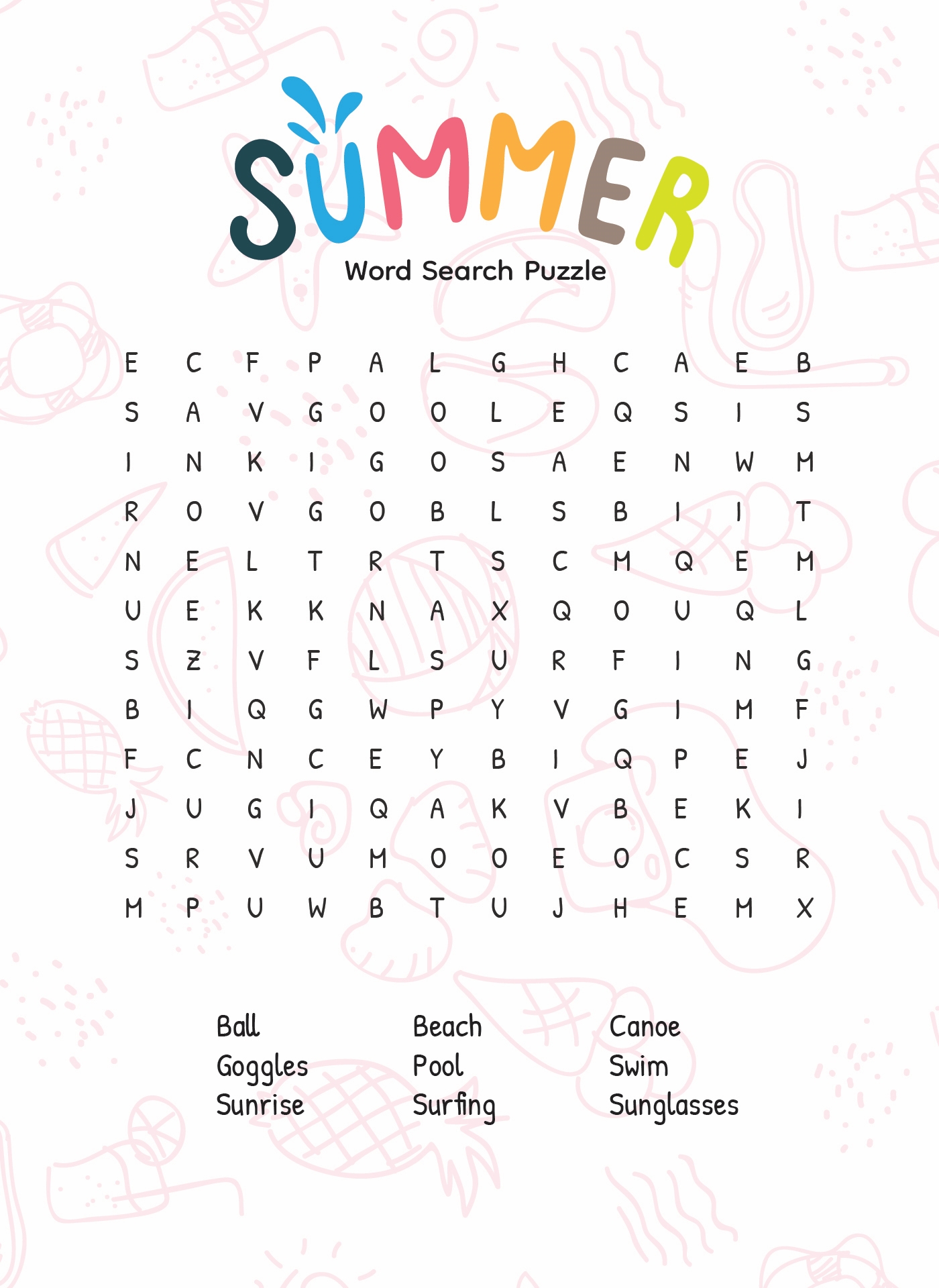
Think of words that are the same in sound but different in meaning.
Additional tasks for the exercise:
4) a crying vegetable and a weapon for shooting arrows (burning vegetable and small arms) ;
5) part of a gun and part of a tree;
6) things to paint on and greenery on the branches;
7) a construction site hoist and a mechanism that must be opened to allow water to flow.
"What is needed"
Game progress: The car runs on gasoline or other fuel; tram, trolleybus or electric train are powered by electricity. All this together can be attributed to the group "transport".
Seeing an unfamiliar car (e.g. truck crane) , they ask: what is it? Why?
Similar exercises are performed with other concepts: tools, utensils, plants, animals, furniture, etc.
"Why?"
Game progress: Now I will tell you words, and you will answer me, which is more, which is less, which is longer, which is shorter.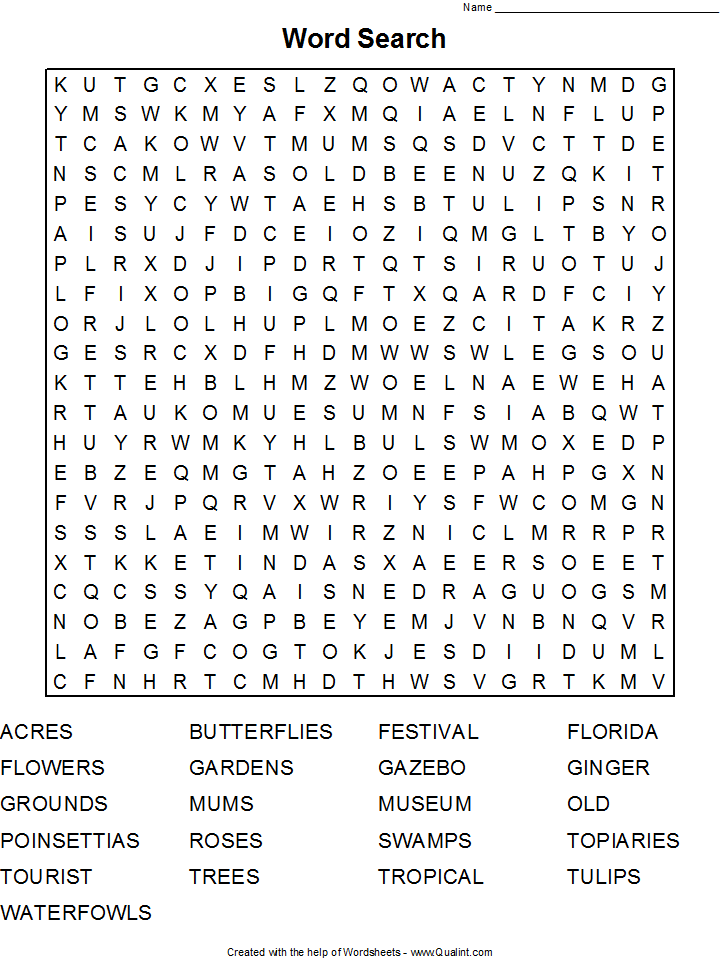
- Pencil or pencil? Which one is shorter? Why?
- Cat or whale? Which one is more? Why?
- Boa constrictor or worm? Which one is longer? Why?
- Tail or ponytail? Which one is shorter? Why?"
The teacher can come up with his own questions, focusing on the above.
"Choose the main thing"
Game progress: An adult says to the children: Now I will read a series of words. From these words you will have to choose only two, denoting the main features of the main word, i.e., without which this object cannot exist.
Other words are also related to the main word, but they are not main.0003
For example, a garden... What do you think, which of these words are the main ones: plants, gardener, dog, fence, earth, i.e. something without which a garden cannot exist? Can there be a garden without plants? Why?... Without a gardener... a dog... a fence... land?.. Why?
Each of the proposed words is analyzed in detail.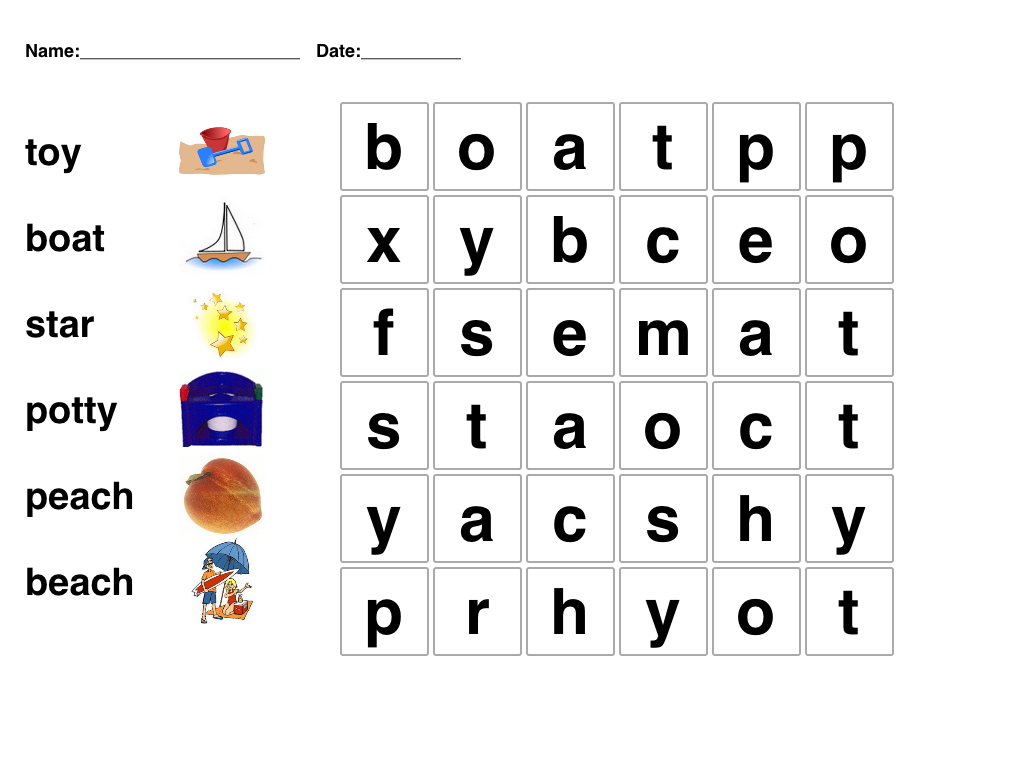 The main thing is that children understand why this or that word is the main, essential feature of this concept.
The main thing is that children understand why this or that word is the main, essential feature of this concept.
Sample tasks:
a) Boots (laces, sole, heel, zipper, shaft)
b) River (shore, fish, angler, mud, water)
c) City (car, building, crowd, street, bike)
d) Barn (hayloft, horses, roof, livestock, walls)
e) Cube (corners, drawing, side, stone, wood)
f) Division (class, dividend, pencil, divider, paper)
g) Game (cards, players, fines, penalties, rules)
h) Reading (eyes, book, picture, seal, word)
and) War (plane, guns, battles, rifles, soldiers)
“Dunnet”
Two games: The host thinks of a word or tells the conditions of some completely unusual situation, and the players (children or adults) must guess the word or explain the situation by asking questions that can be answered with one of five answers: "yes"; "No"; "Yes and no"; "there is no information about it"; "it's not significant.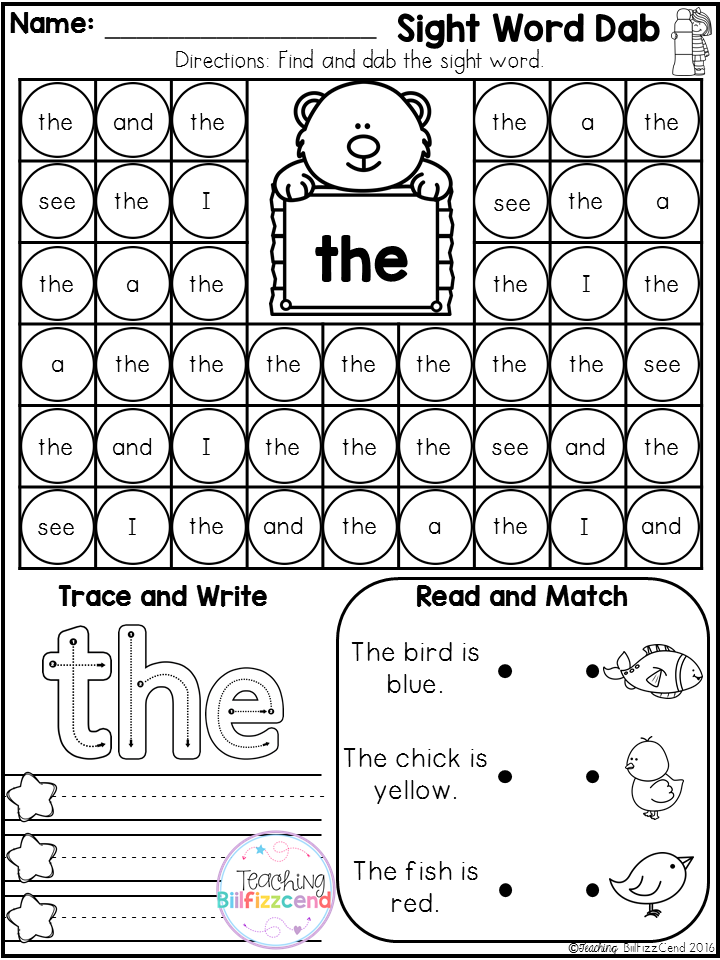 "
"
For example: "I thought of a plant in the middle zone. In ten questions, determine the plant that I thought of."
Themes for "danetok" and possible continuation of the game.
What vegetable did I have in mind?
- Is it a root vegetable? (Carrot, beet, radish)
- Is it a leafy vegetable? (Cabbage, lettuce)
- Is it a fruit vegetable? (Tomatoes, cucumbers)
What name did I think of?
- Is it a male name?
- Does the name begin with a vowel?
- Is there such a name in our group?
What piece of clothing did I have in mind?
- Is this outerwear?
- Are these men's clothes?
What fairy tale did I have in mind?
- Is this a Russian fairy tale?
What historical figure did I have in mind?
- Is this a man?
What must I do in the morning?
What color do I have in mind?
What property of ice cream, light bulb, watermelon, pencil did I guess?
What country did I have in mind?
What kind of writer, storyteller, poet, scientist did I have in mind?
What famous battle did I have in mind?
"Black box"
Game progress: Children are shown a "black box" or just a bag, briefcase and are asked to guess what is there in 10 questions? Etc.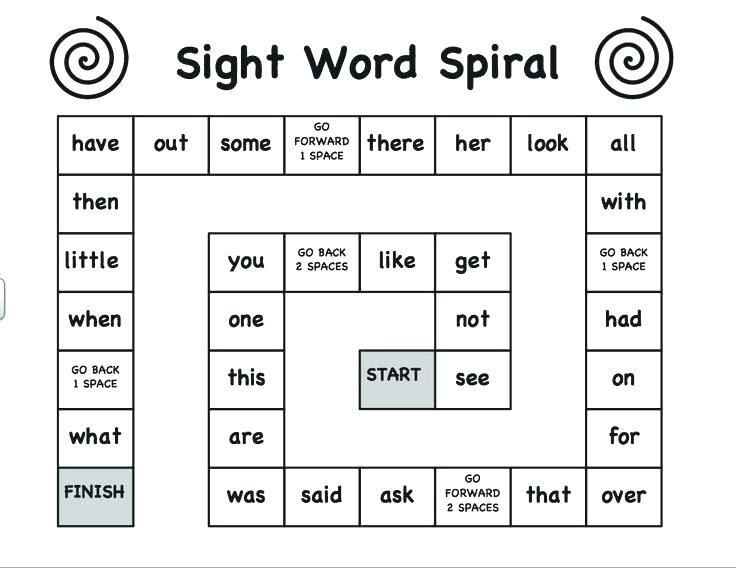
- Is there a man-made object? Is there something soft? Is there something metallic? Etc.
List the items
Game progress: One leader is selected from the group of children. He leaves the room for 2 minutes. At this time, 7 objects are placed on the table in the room and the situation is thought about. For example, children think of the situation "I'm going for a walk", then 7 items of clothing should lie on the table.
The driver is invited, the situation is told to him and he is allowed to inspect the table for 1-2 minutes. Then he turns his back to the table and faces the group of children and starts listing the things on the table. After each correct answer, the group says "Correct!", after the wrong - "Wrong!". If the driver has not listed all the items, the group says which items he forgot.
"Opposite"
Game progress: The leader calls the group of children a word. The task is to name a word denoting the opposite object.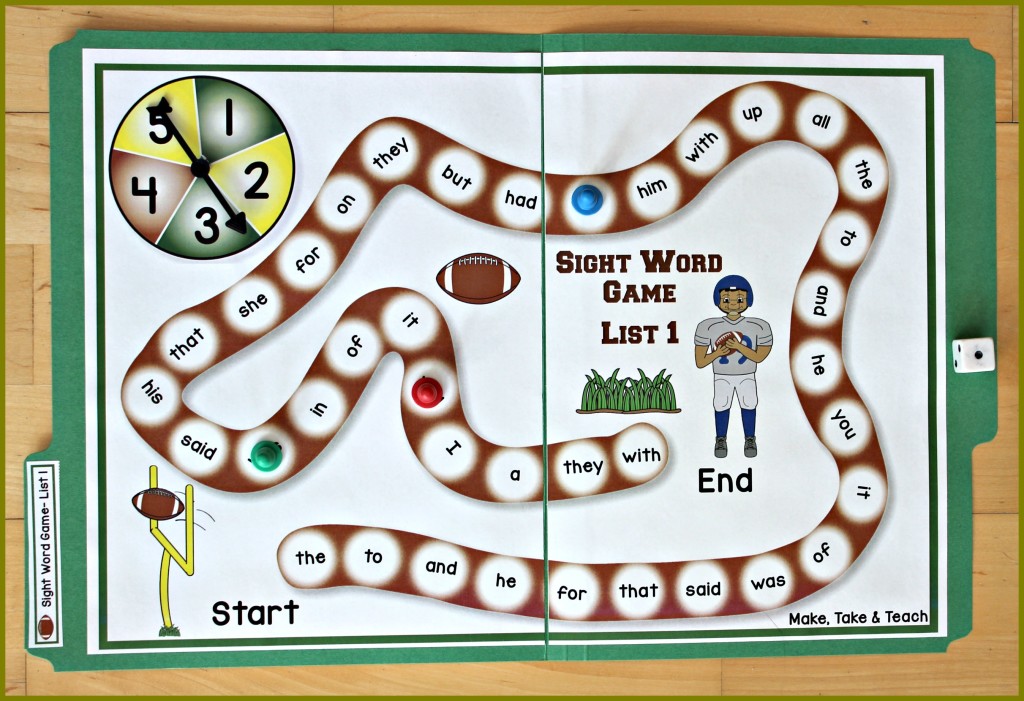
For example, the facilitator says the word "cup". Children can name the following items: "board" (the cup is convex, and the board is straight) , "sun" (the cup is made by a person, and the sun is part of nature) , "water" (water is a filler, and a cup is a shape) etc.
Each child in turn offers his answer and always explains why he chose that particular subject.
"Come up with a riddle"
Game progress: A leader is selected from a group of children. His task is to come up with a riddle. The group must solve this riddle. Then another child comes up with a riddle, and so on. Children of 6 years old love to come up with riddles, the game is lively.
“Who is whom (than) will be?
Game progress: The good thing about the game is that you can play with the company or together with your child anywhere. Ask each other questions, make sure that the baby answers the question correctly.
Who will the egg be? (may be a chick, a crocodile, a turtle, a snake.)
- a chicken - a rooster;
- a boy - a man;
- calf - cow or bull - paper - book;
- snow - water;
- water - ice;
- seed - flower;
- flour - pancakes;
etc.
Reverse game: "Who was who?".
- horse - foal
- flower - seed
"Third extra"
Game progress: Adult says three words - owl, crow, fox. The child should quickly analyze these three words in his mind and determine that all three words refer to wildlife, however, an owl and a crow are birds, and a fox is not. Therefore, the fox is superfluous here.
More examples for younger preschoolers:
- milk, juice, bread - all three words mean edible. But they drink milk and juice, but eat bread;
- car, horse, tram;
- hat, scarf, boots;
- rose, birch, tree.
For children aged 5-7 the tasks become more difficult:
- rain, snow, river;
- doctor, tourist, driver;
- shadow, sun, planet;
- frost, blizzard, January;
- stone, clay, glass;
- door, carpet, window;
- sea, river, pool.
“What happens?”
Game progress: First, the adult asks questions, and the child answers. Then you need to give the child the opportunity to express themselves.
Examples:
- What is high? (tree, pole, man, house) . Here it is appropriate to ask which is higher - a tree or a house; person or pole.
- What is long? (short)
- What is wide (narrow) ?
- What is round (square) ?
A variety of concepts can be included in the game: what is fluffy, soft, hard, sharp, cold, white, black, etc.
“What is outside, what is inside?”
Game progress: The adult names a couple of objects, and the child says what can be outside and what can be inside. House - closet; book - cabinet; purse; wallet-money; pan - porridge; aquarium - fish; booth - dog; nora - fox.
Then switch roles - let the child think of pairs of words.
Who is this?
Game progress:
Option 1: We ask questions: who treats the sick? Who teaches children at school? Who is preparing dinner? Who is working on the tractor? Who delivers letters and newspapers? Who sews the dress?
Option 2: Questions: what does the janitor do? What does the doctor do? What does an electrician do? What does the teacher do? What does the driver do? What does a painter do? What does a hairdresser do?
3rd option: We come up with riddles.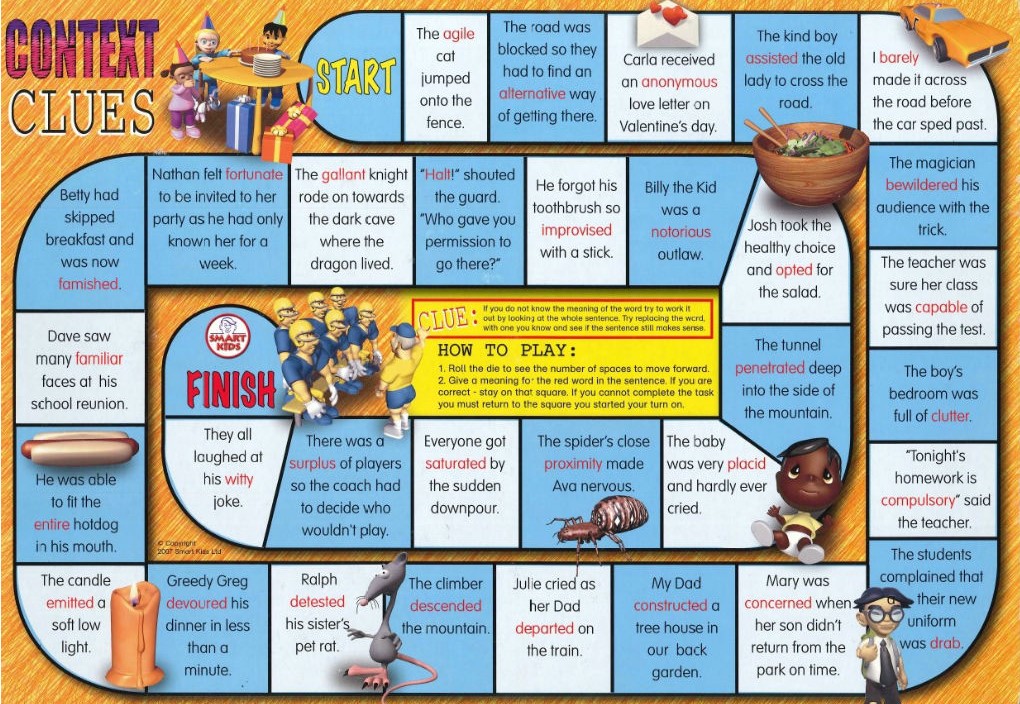 For example: this person works on the street, he has a broom, a shovel.
For example: this person works on the street, he has a broom, a shovel.
4th option: "Who needs what?" What does the postman need? What does a hairdresser need? And vice versa: who needs scissors? Who needs a needle?
"Guess the object by its parts"
Game progress: Children name the parts of the object. The first person to guess what it is about gets one point. This option is good because you can play together with your child anywhere. For example, on the way to kindergarten, while waiting in line to see a doctor, etc.
Examples:
Four legs, backrest, seat.
Numbers, arrows.
Letters, pictures, sheets.
Trunk, branches, leaves.
Root, stem, leaves, petals.
Screen, buttons, electric cord, remote control.
Spout, handle, lid, electric cord.
Paws, tail, collar.
Paws, tail, trunk.
Does everything seem too simple at first glance? But in fact, not all children can describe objects. Try it!
Try it!
"Guess the item from the description"
Game progress: Game conditions are the same as in the previous one. But the task here is more difficult. It is necessary not only to find the correct definitions of objects, but also to correctly coordinate adjectives and nouns by gender, as well as to know such concepts as furniture, vegetables, fruits, insects, domestic and wild animals, etc.
Wild animal, lives in the forest , big, shaggy, likes honey.
Wild animal, sly, red, with a fluffy tail.
Insect, with colorful wings, similar to a flower.
Transport, large, heavy, with wings and tail.
Vegetable, red, round, put in salads and soups.
Sweet, small, in a beautiful paper.
“Think and choose!”
Game progress: Now I will read you a proverb, and you try to find a suitable phrase for it that reflects the general meaning of the proverb, for example:
Measure seven times, and cut once
a) If you cut it wrong yourself, then do not blame the scissors
b) Before you do it, you need to think carefully
c) The seller measured seven meters of fabric and cut it off
The right choice here is "Before you do, you need to think carefully"
Example tasks:
1.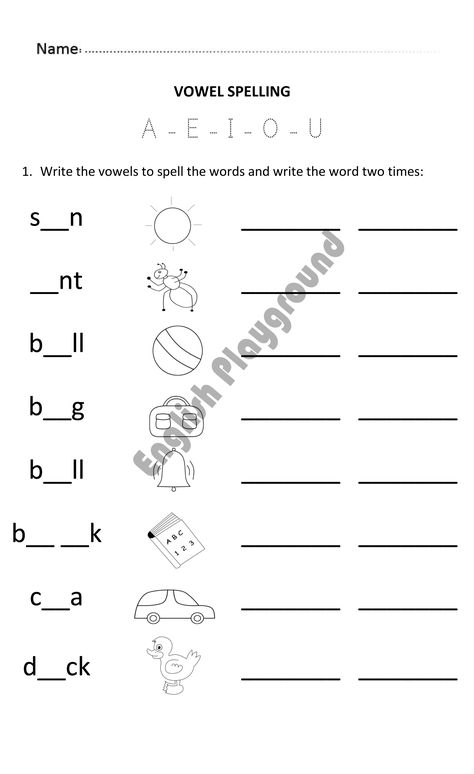 Better less is better.
Better less is better.
a) One good book is more useful to read than seven bad ones.
b) One delicious cake is worth ten bad ones.
c) What matters is not quantity, but quality.
2. If you hurry, you will make people laugh.
a) The clown makes people laugh.
b) To do a job better, you need to think about it well.
c) Haste can lead to ridiculous results.
3. Strike while the iron is hot.
a) A blacksmith forges hot iron.
b) If there are favorable opportunities for business, you should immediately use them.
c) A blacksmith who works slowly often gets more done than one who is in a hurry.
4. There is nothing to blame on the mirror, if the face is crooked.
a) You should not blame the cause of failures on circumstances, if the problem is in yourself.
b) A good quality mirror does not depend on the frame, but on the glass itself.
c) The mirror hangs crooked.
5.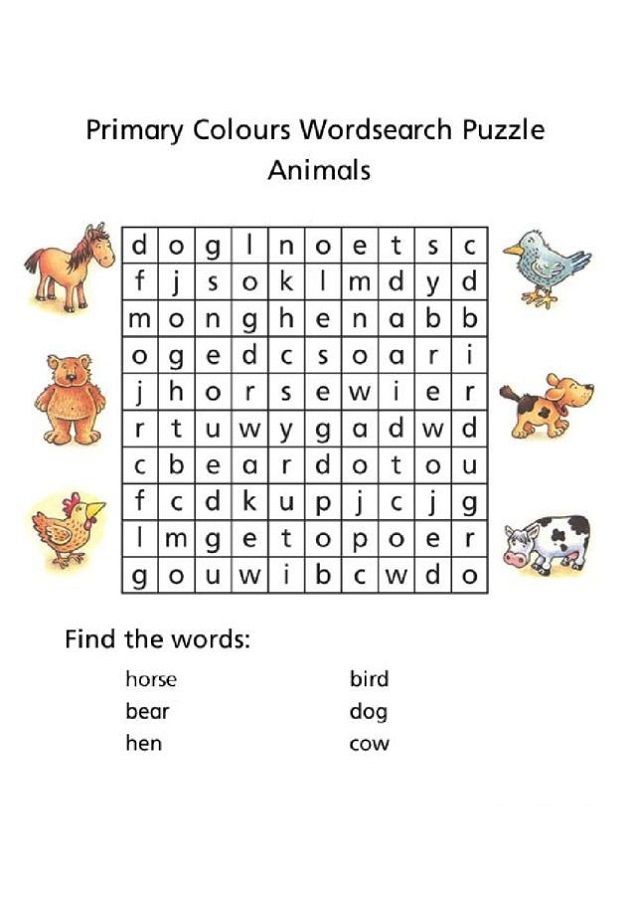 The hut is not red in the corners, but red in the pies.
The hut is not red in the corners, but red in the pies.
a) You can't eat pies alone, you have to eat rye bread too.
6) A case is judged by its results.
c) One tasty cake is worth ten bad ones.
6. Done the job - walk boldly.
a) If you did a good job, you can rest.
b) The boy went for a walk.
7. Skilful hands do not know boredom.
a) Petr Ivanovich never gets bored.
b) A master of his craft loves and knows how to work.
8. Don't get into your sleigh.
a) If you don't know the job, don't take it on.
b) In winter they ride on a sleigh, and in summer on a cart.
c) Ride only on your own sleigh.
9. All that glitters is not gold.
a) The copper bracelet shone like gold.
b) Outward brilliance is not always combined with good quality.
c) What seems good to us is not always good.
Gaming activity:
| | | | | in preschool
Children's word games
Author admin Read 4 min Views 490 Posted by
Children's word games
As you know, the most effective learning and development of children occurs in the game.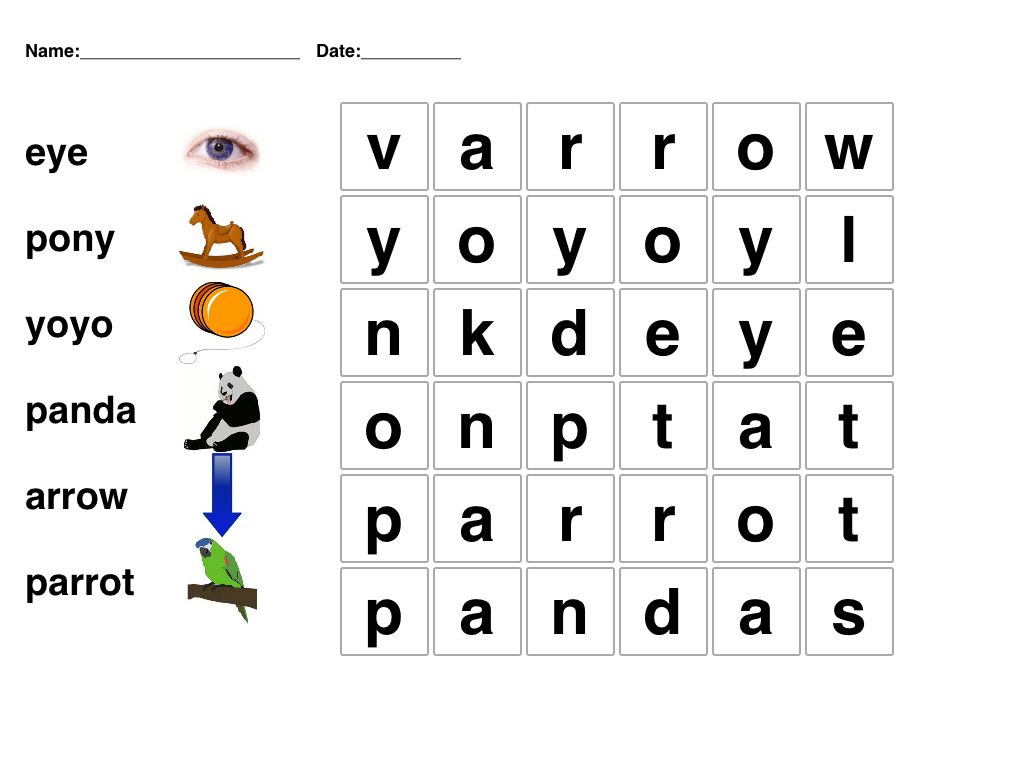 Children's word games contribute to the development of children's speech, attention, memory, imagination, thinking, vocabulary enrichment . You can play with your baby in children's word games anywhere: at home, on a walk, in transport, in a clinic, on the way to kindergarten. Word games should be used as part of a speech development lesson. You can include them in quizzes, and also, as an element of entertainment, in children's parties. I bring to your attention some interesting word games that are suitable for games with older preschool children from 5-7 years old.
Children's word games contribute to the development of children's speech, attention, memory, imagination, thinking, vocabulary enrichment . You can play with your baby in children's word games anywhere: at home, on a walk, in transport, in a clinic, on the way to kindergarten. Word games should be used as part of a speech development lesson. You can include them in quizzes, and also, as an element of entertainment, in children's parties. I bring to your attention some interesting word games that are suitable for games with older preschool children from 5-7 years old.
New word. Name any word, for example "bush". The child must come up with a word that begins with the last letter of your word. For example, "cake". The game continues until one of the participants repeats or cannot give their own answer.
"Tender word". Invite the child to turn the words as in the example: house - house, table - table, hare - bunny, book - little book, fox - fox.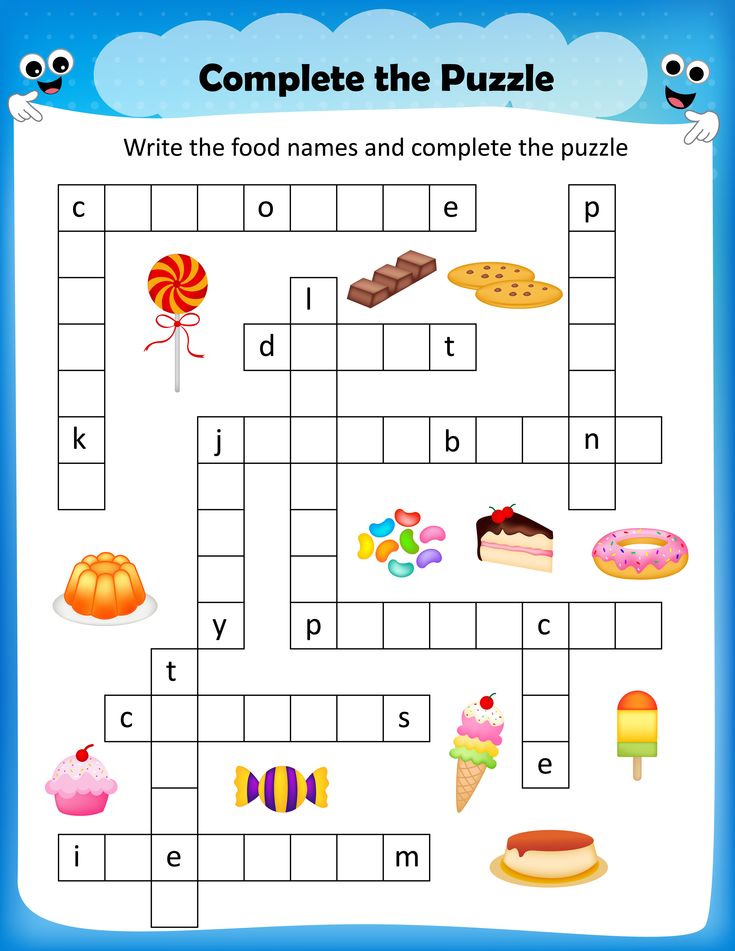
Forbidden words. Ask the child to answer the question, but in such a way that he does not pronounce the two forbidden words "good" and "bad".
- How do you usually behave at home?
- Are you a good swimmer?
- How do you draw?
- How do you skate?
Did the boy do well when he took the toy away from the little one?
"In a word". Ask the child what to call in one word:
- plates, cups, pans, pots? (Dishes)
— sofa, bed, table, chair, wardrobe? (Furniture)
- milk, bread, flour, cheese, sausage? (Products)
- felt boots, boots, shoes, sandals, shoes? (Shoes)
- Plane, train, car, tractor, ship? (Transportation)
In this game the child learns to generalize. You can complicate the game by naming one extra word in a group of words: apples, pears, plums, cucumbers. The kid must guess the extra word and explain why it is superfluous.
"Who is more" . In this game, you need to come up with as many adjectives as possible for any noun.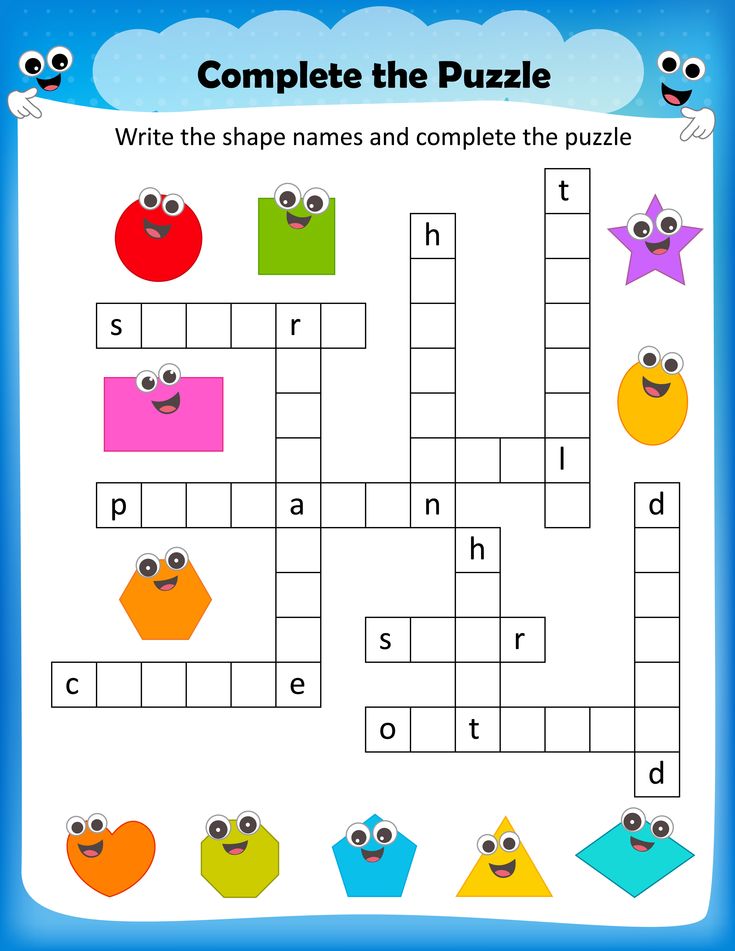 For example, Summer is warm, sunny, rainy, gentle, hot.
For example, Summer is warm, sunny, rainy, gentle, hot.
You can also set the task to come up with verbs for the noun: the river flows, runs, murmurs, boils.
"Guess" . The child must guess the item by the name of its parts:
cabin, body, steering wheel, wheels, headlights - car;
head, horns, body, tail, udder - cow.
Think of a word. Will the child be able to come up with words starting with the syllables “li” (fox, leaf fall, lemon, linden, leaves, midget, lily, downpour), “ka” (porridge, helmet, drops, crucian carp, stone, picture, viburnum, gate , pan), “ve” (spring, broom, wind, rope, bucket, fun, fan)? Can he come up with words ending in the syllable "sa" (scythe, wasp, sausage, fox, princess, miracles)? Will he remember the words in which the combination “ro” occurs (king, crown, lesson, throne, rhombus, shelter, building, rose, feather, subway, pie)?
"Say the opposite." Give the child a word, such as "cold".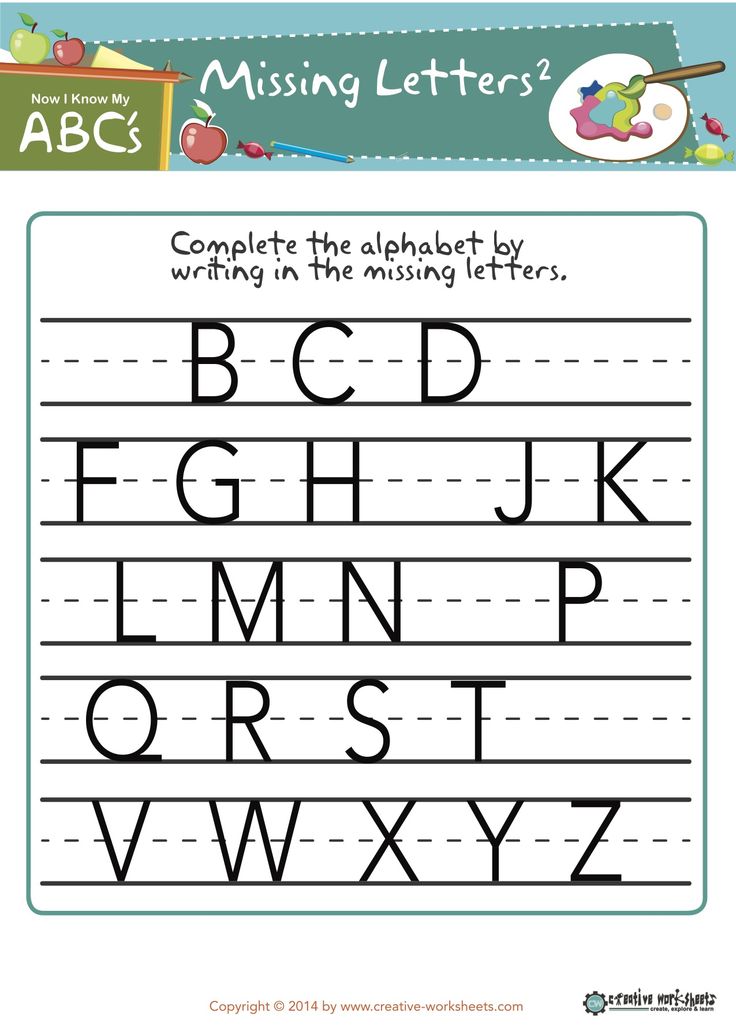 The task of the child is to find the antonym word, which is opposite in meaning: “hot; "summer Winter"; low-high"; bad-good."
The task of the child is to find the antonym word, which is opposite in meaning: “hot; "summer Winter"; low-high"; bad-good."
Find the mistake. Read the sentence to the child, ask what fairy tale it is from and what is wrong in this sentence.
- Once upon a time there was a goat. And she had seven little kittens.
- Mom baked pies and asked her daughter Blue Riding Hood to take pies to grandfather.
- Nif Nif built himself a glass house, Nuf-Nuf - crystal, Naf-Naf - brick.
- The stove says: "Eat my cakes - I'll tell you where the swan geese flew."
- The wolf lowered his tail into the hole, sits and says: "Cold, freeze the wolf's tail."
Poker. This game is suitable for older preschool children. It is more interesting to play it with a group of children. The child chooses a name for himself from the kitchen utensils: a poker, a saucepan, a ladle, a plate, a cup, a fork, etc. An adult asks questions:
“What is your name?” - Ladle.

